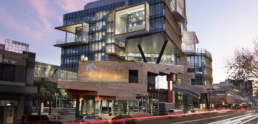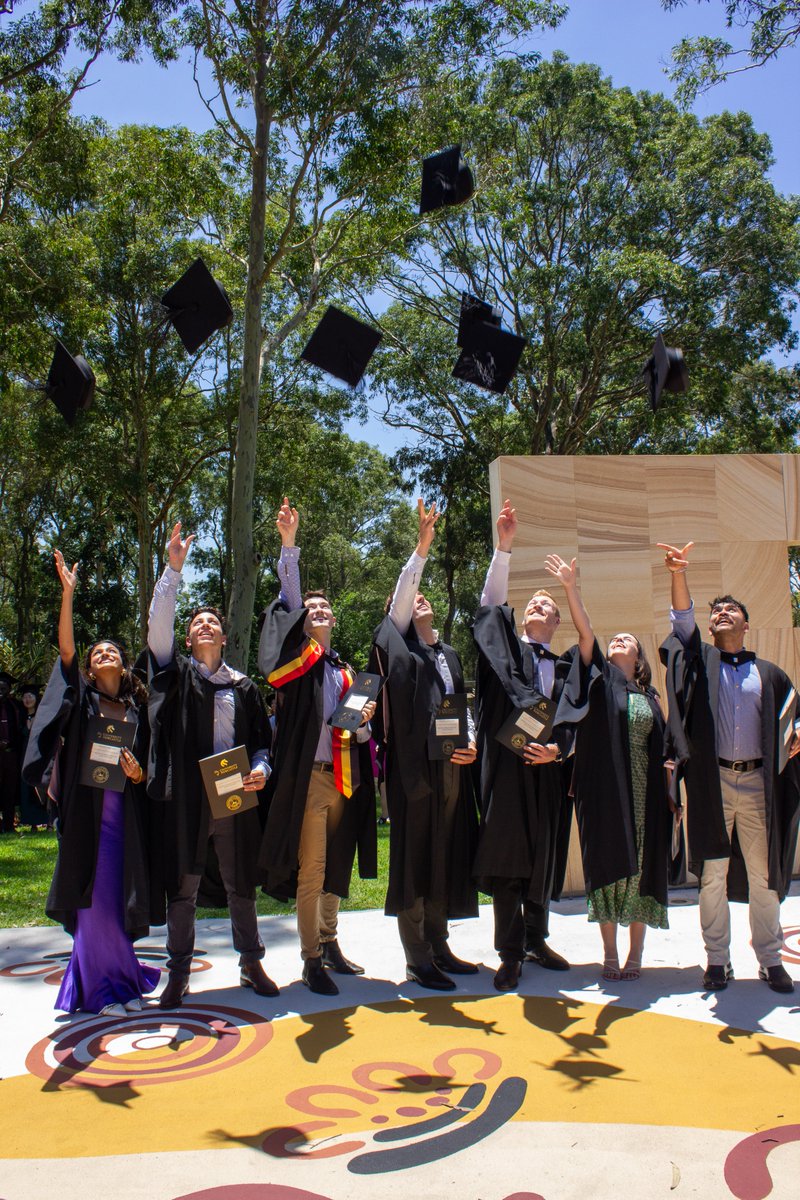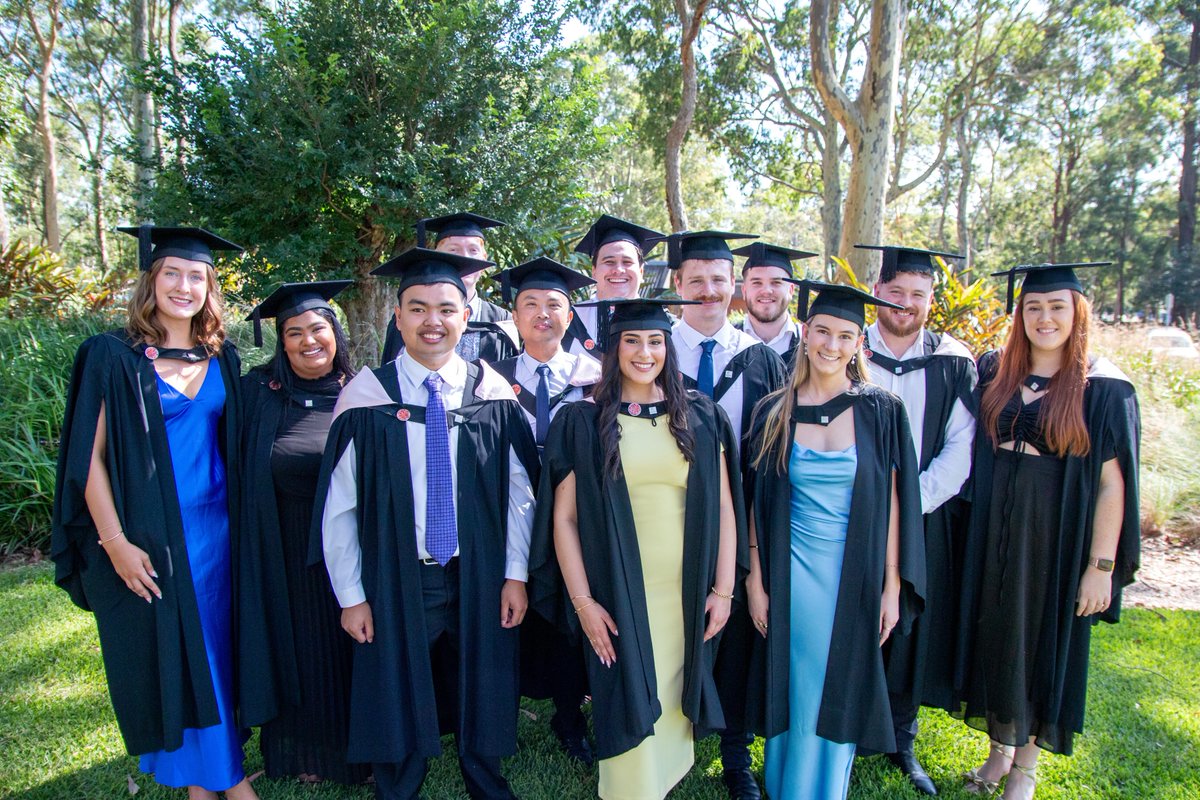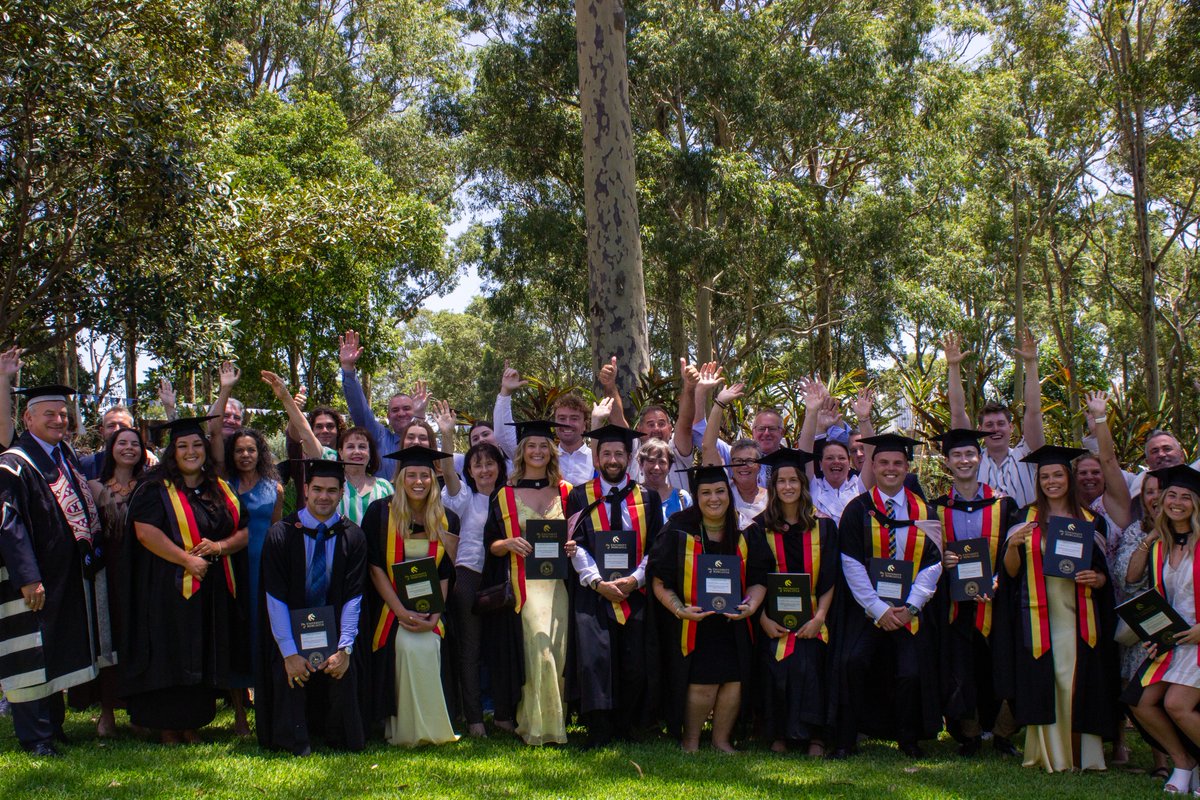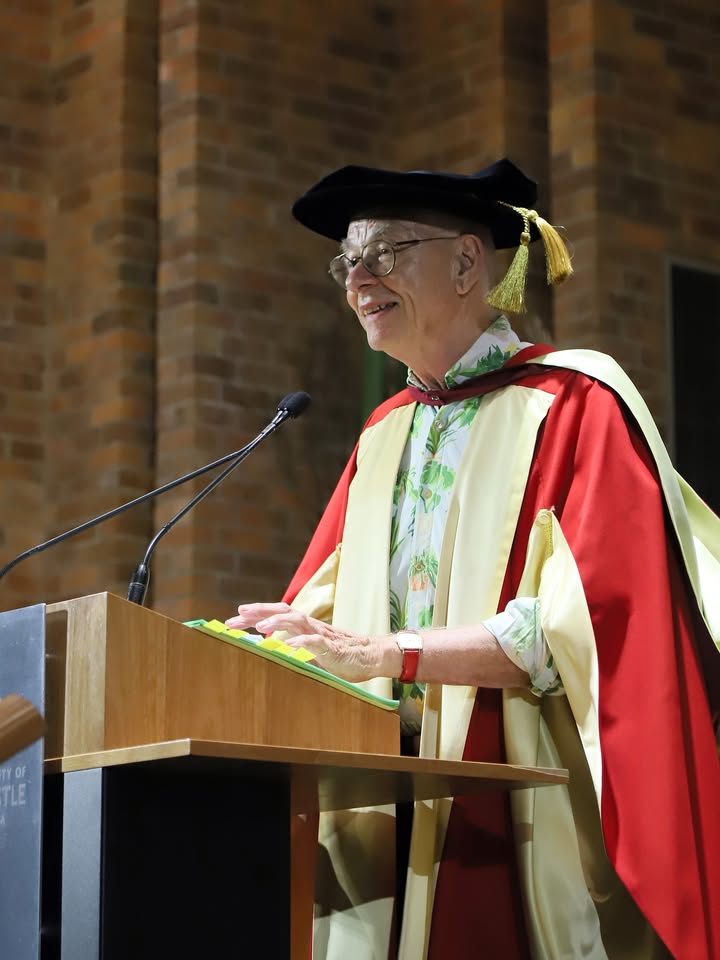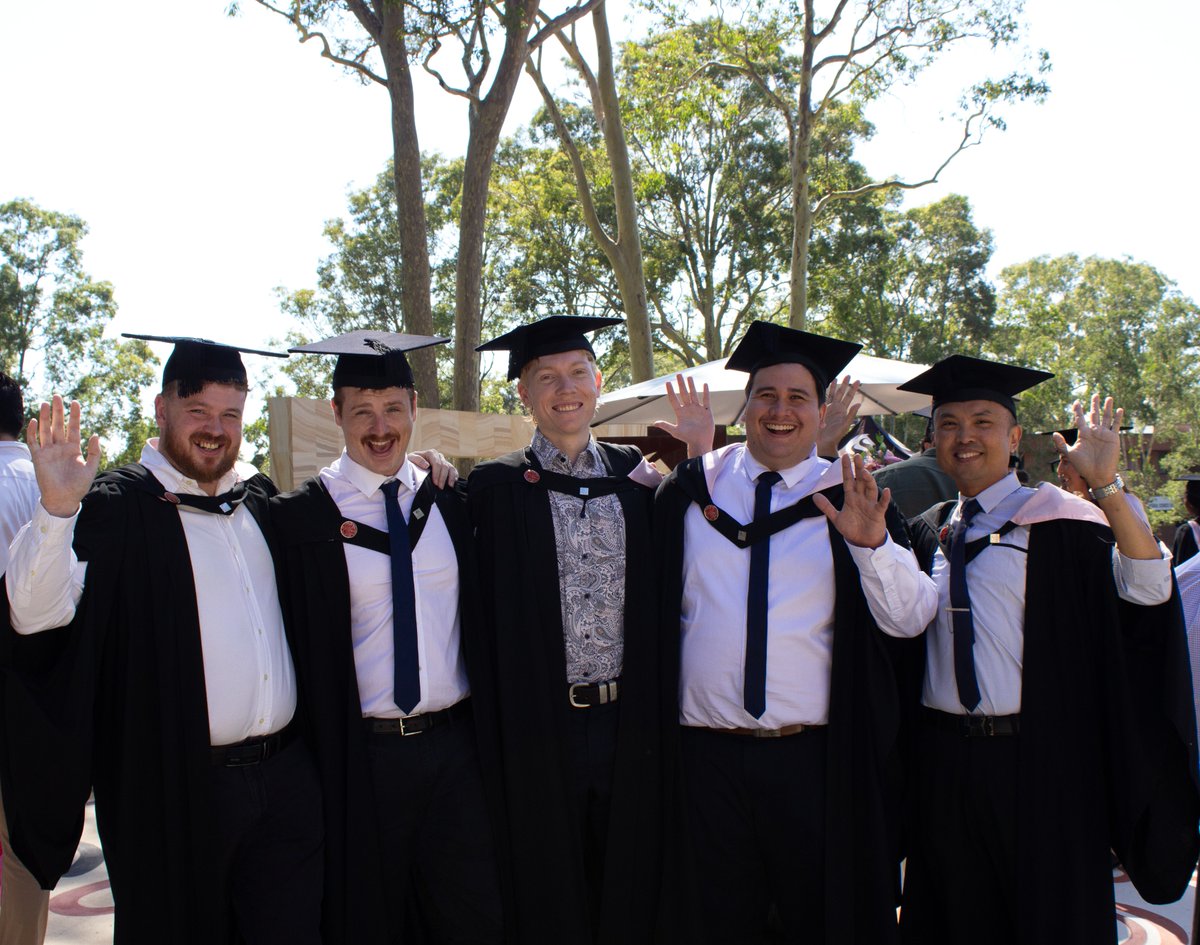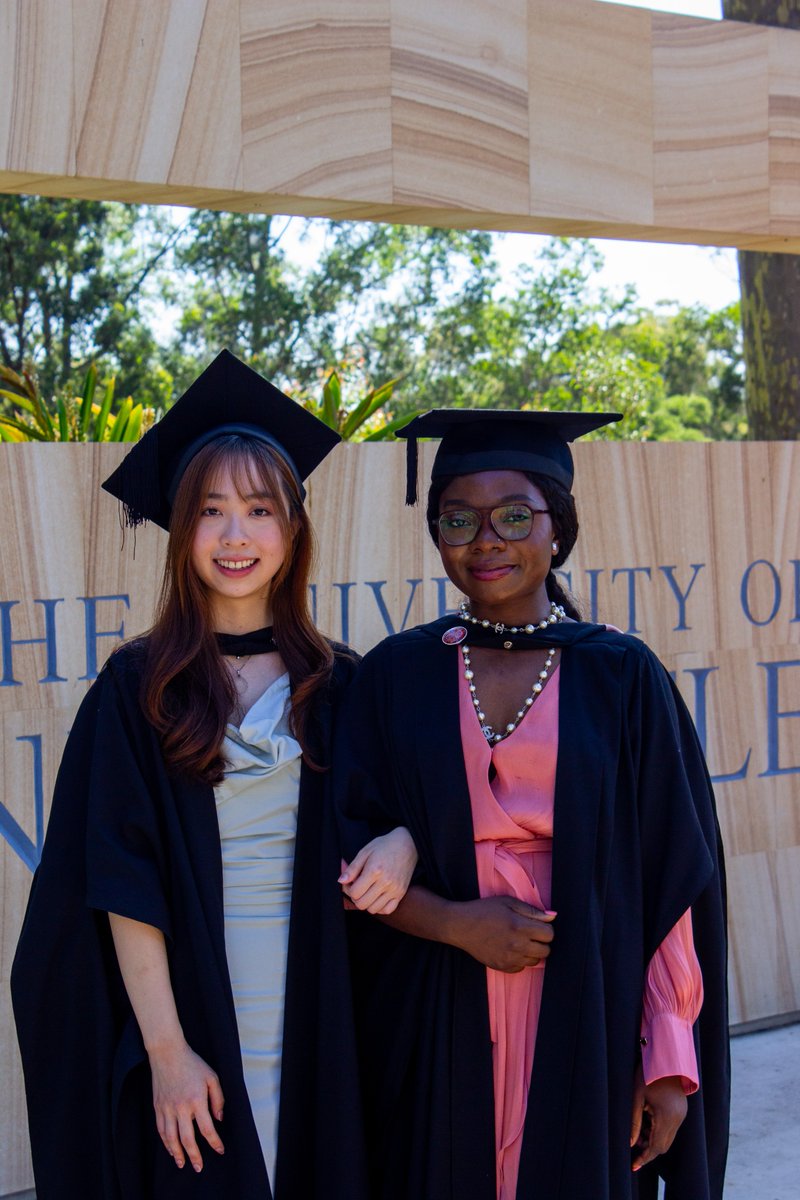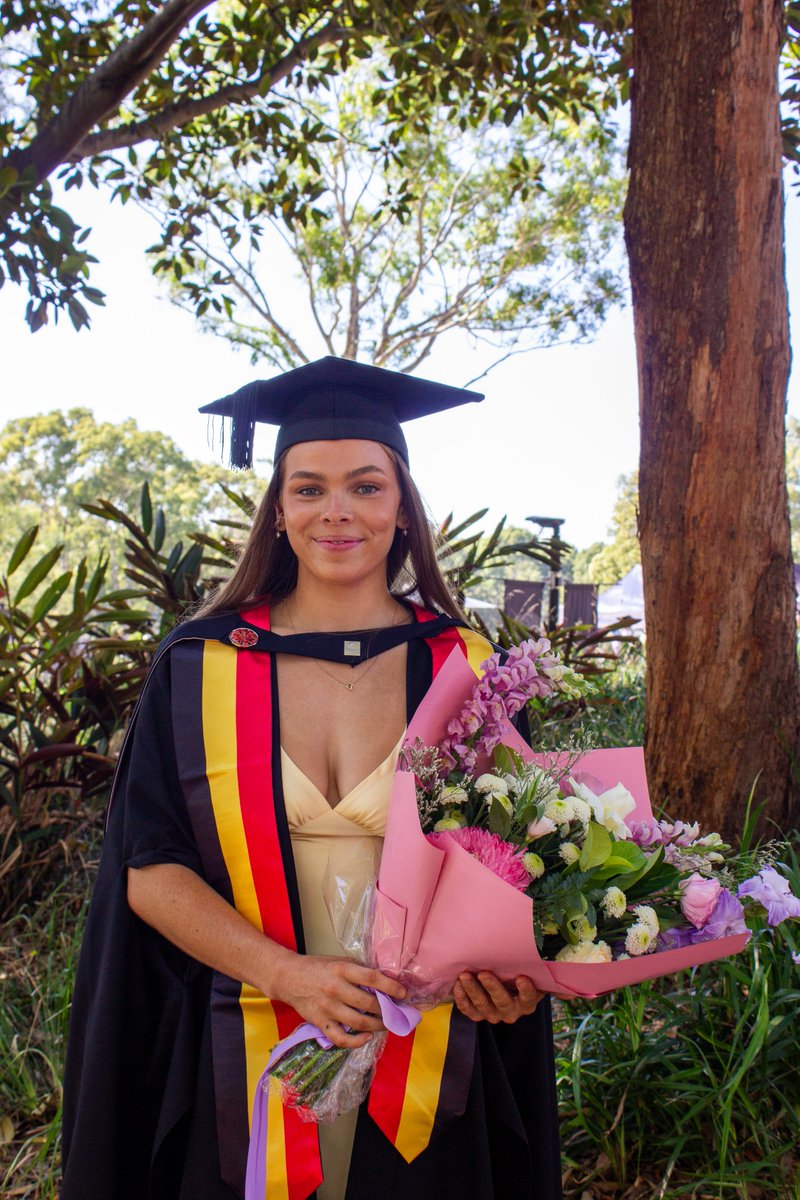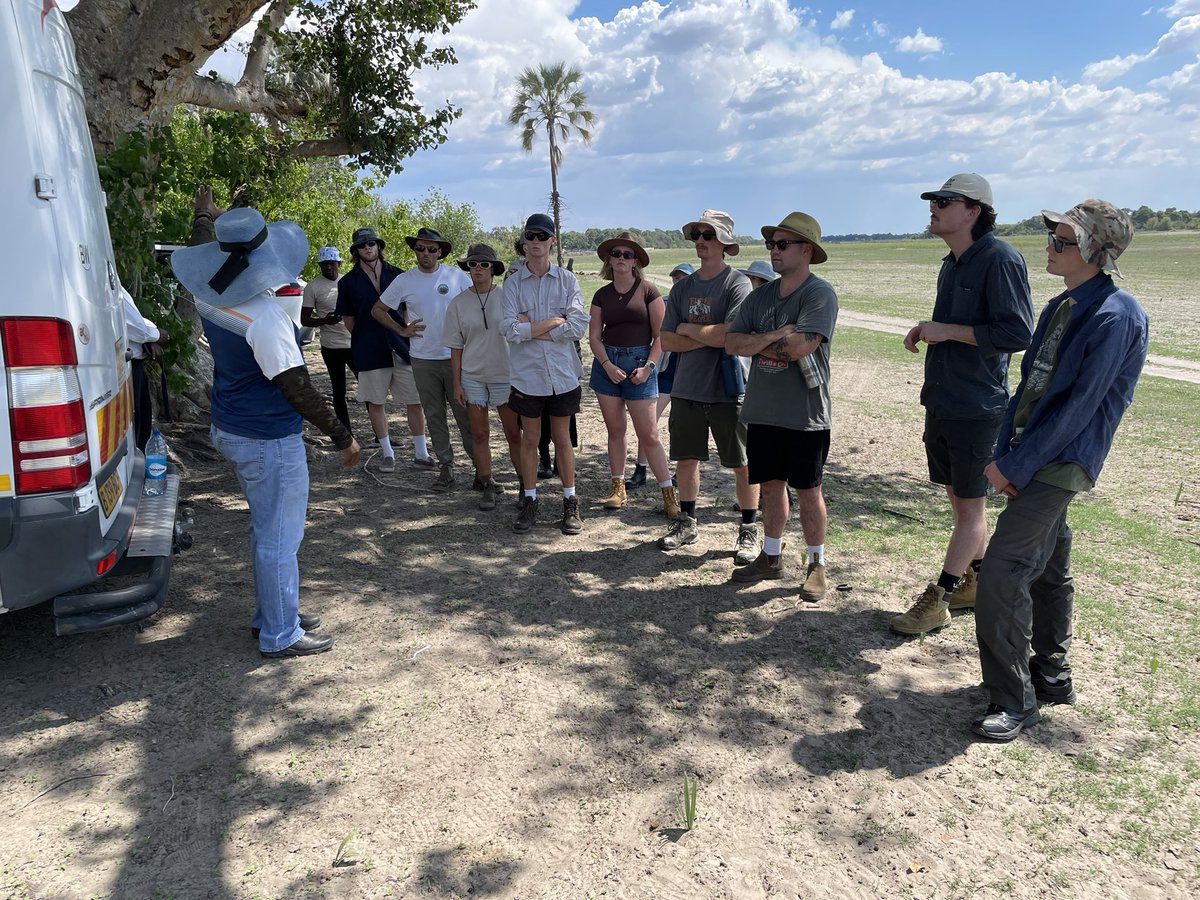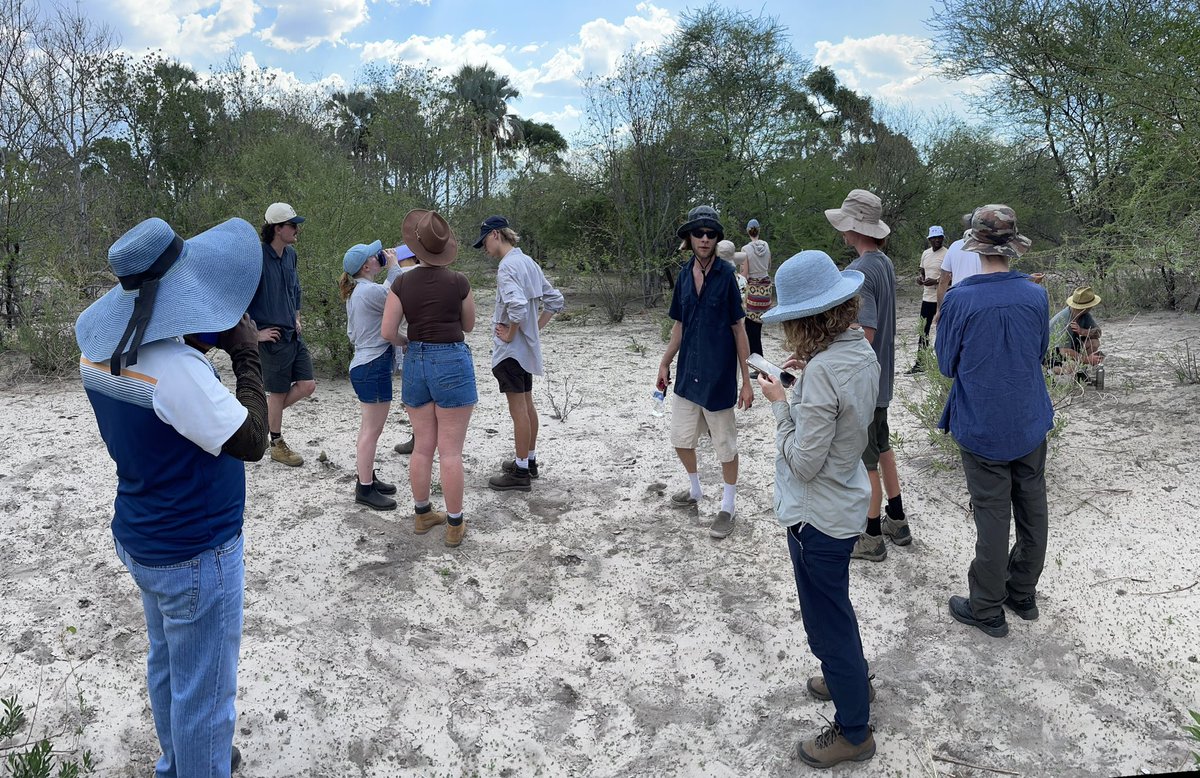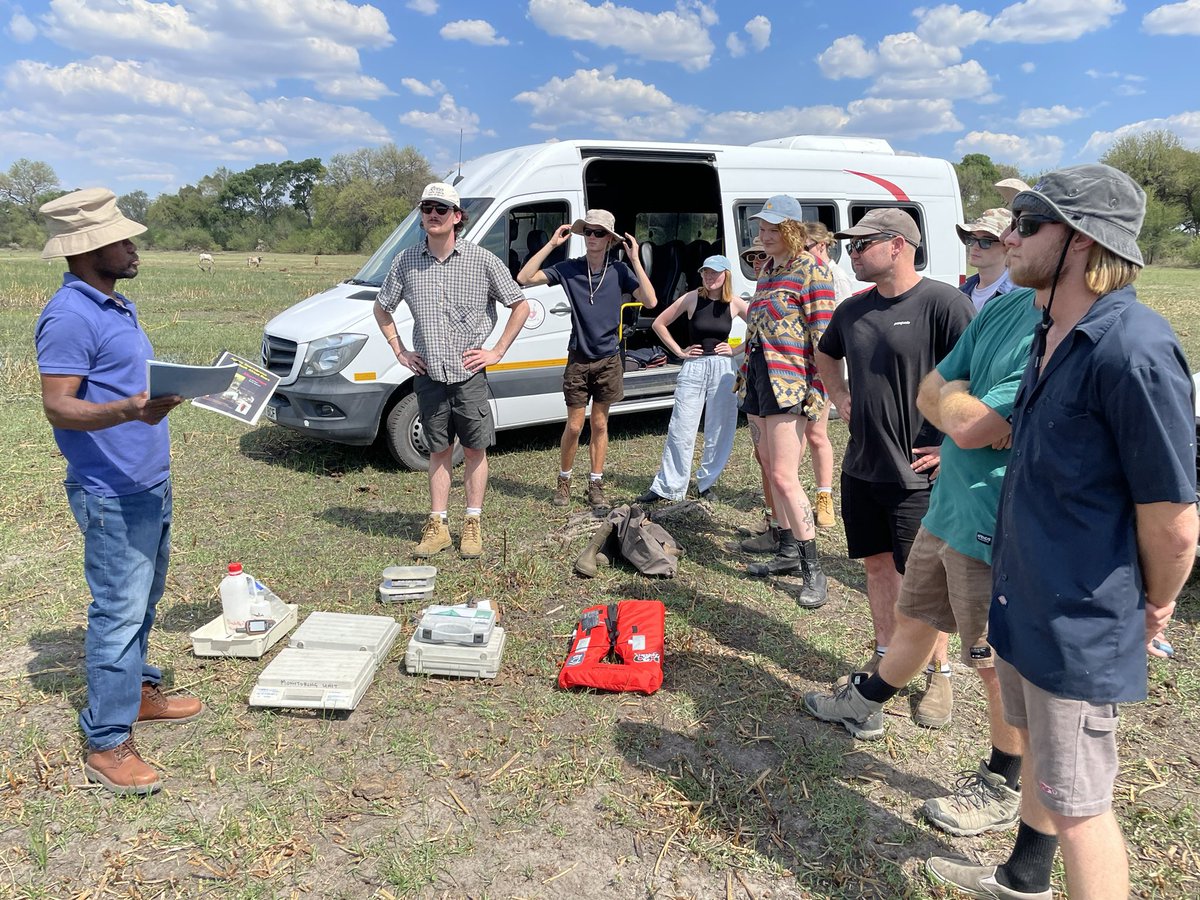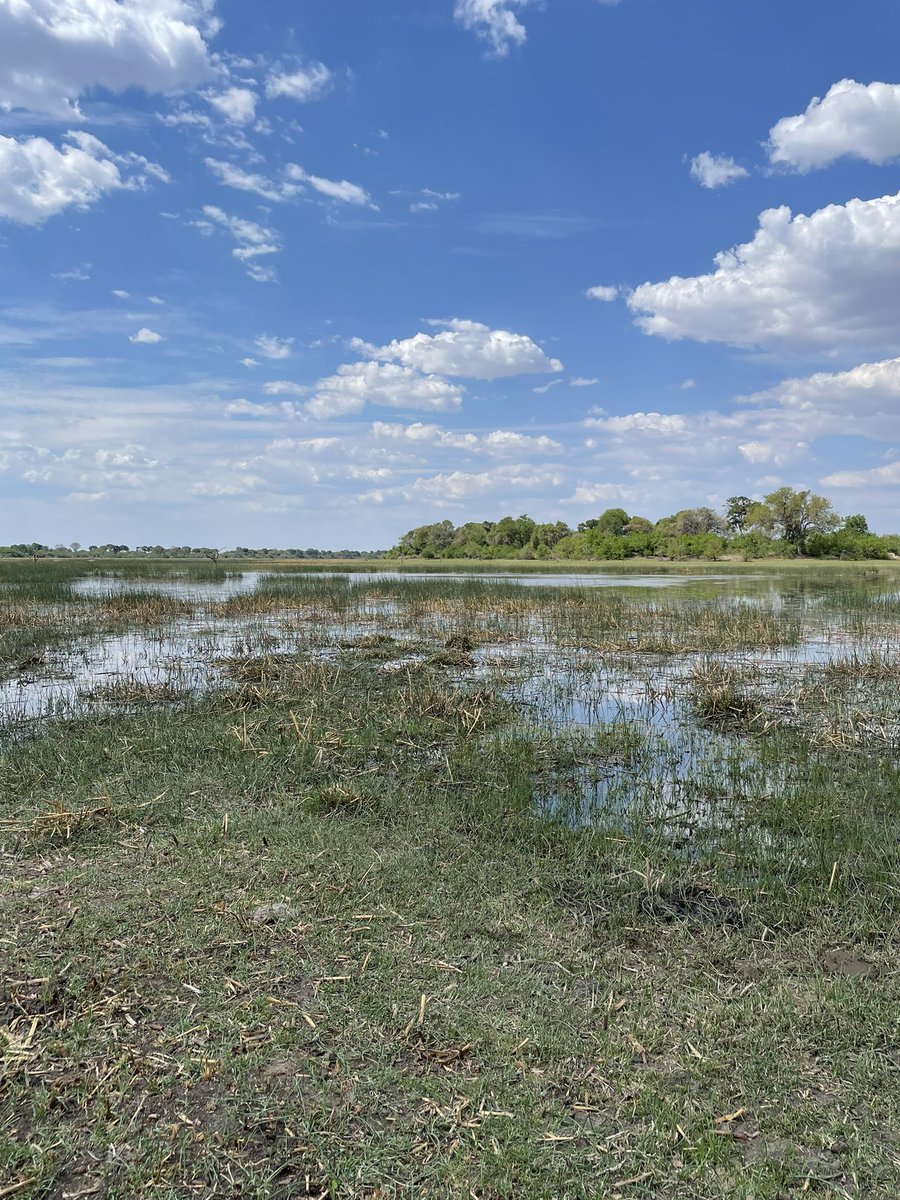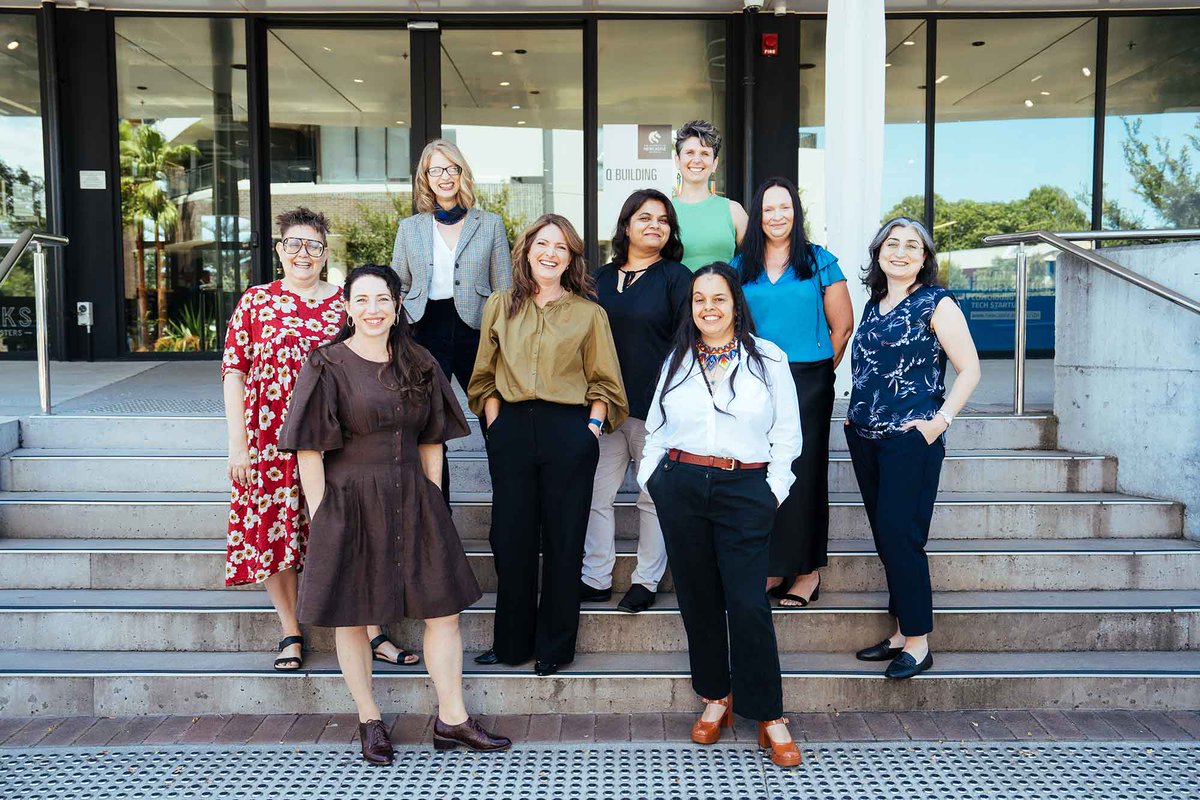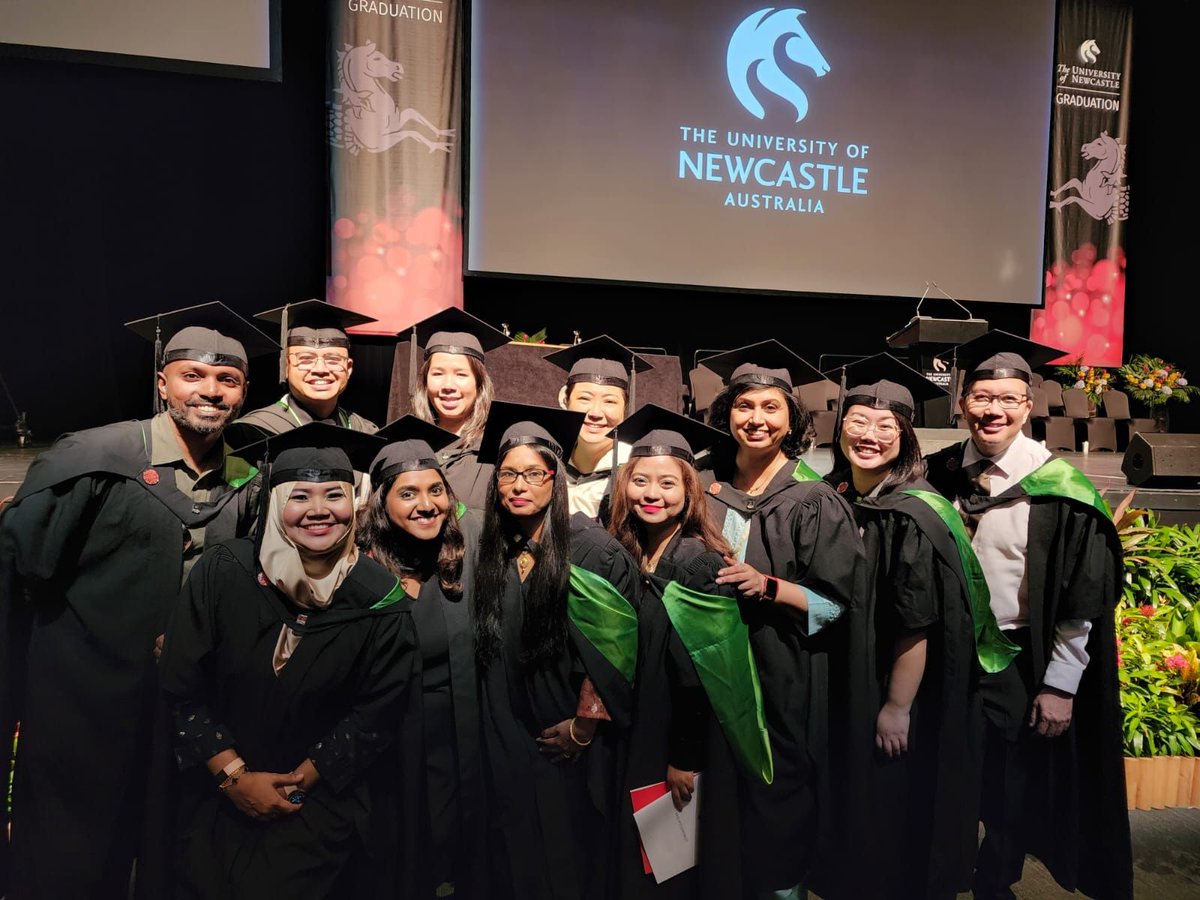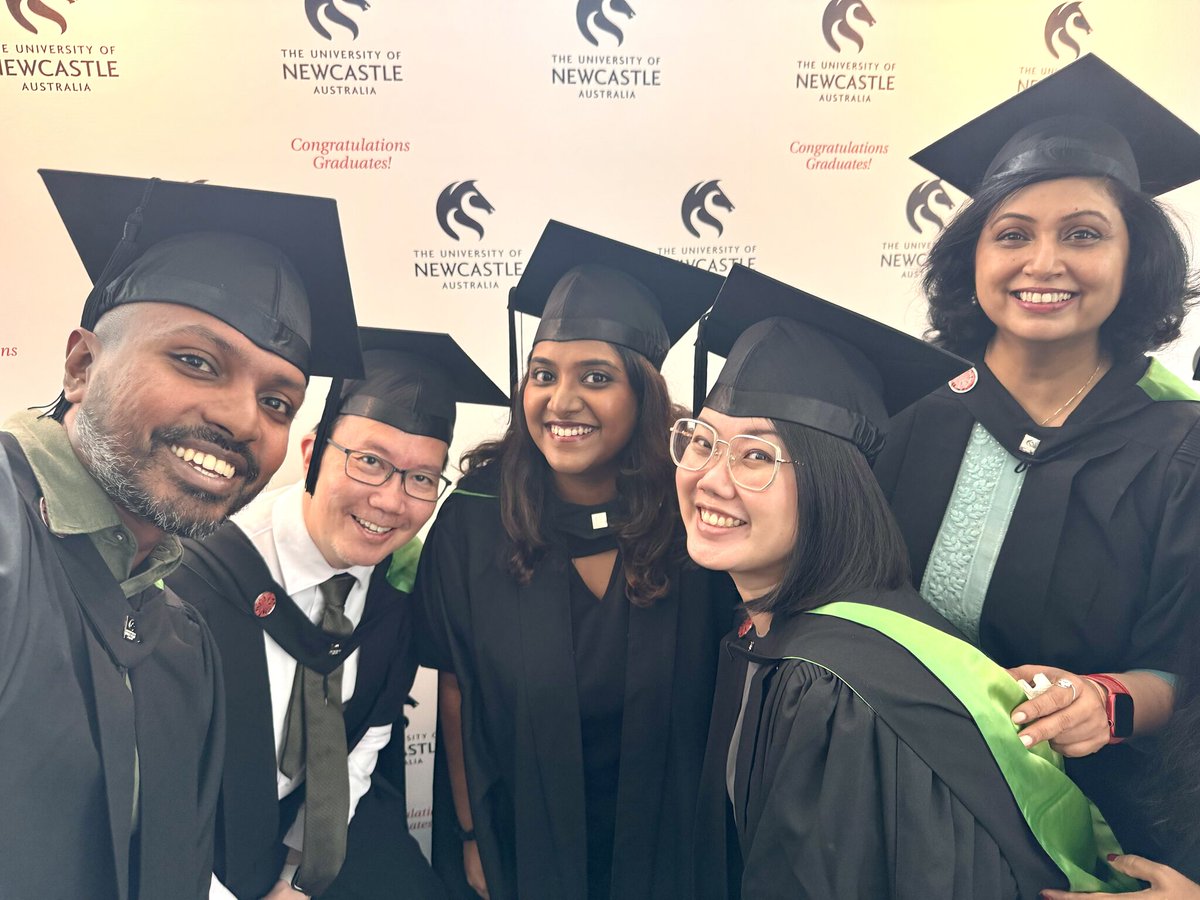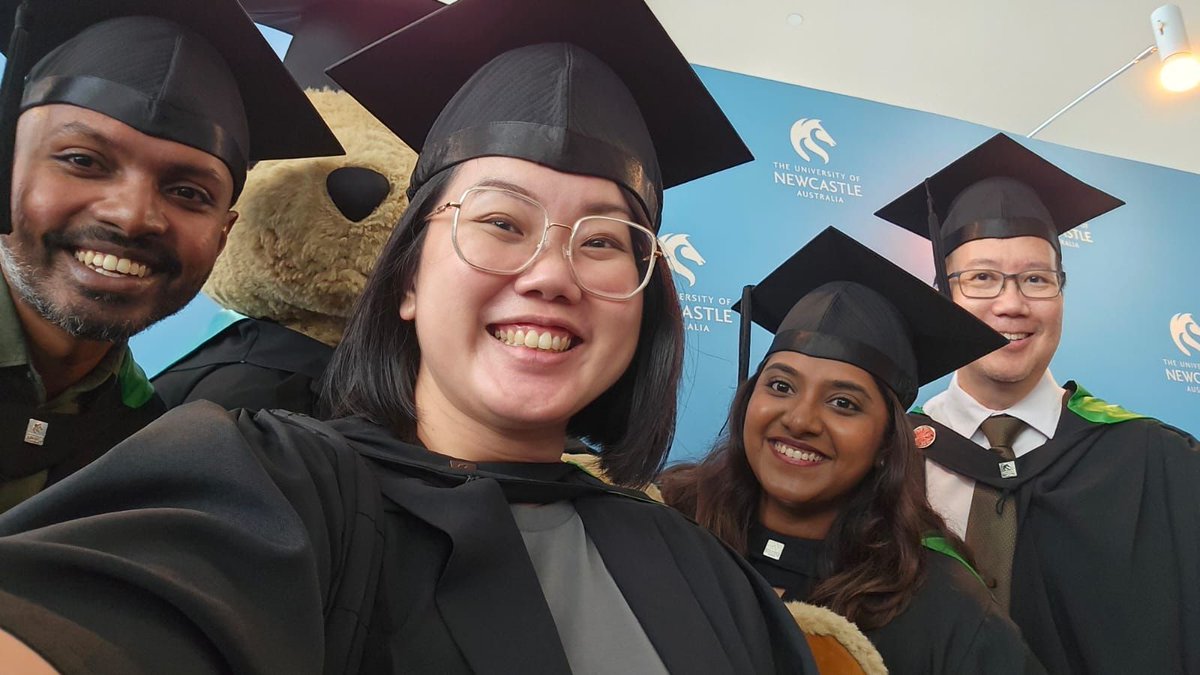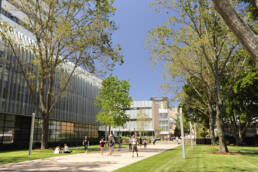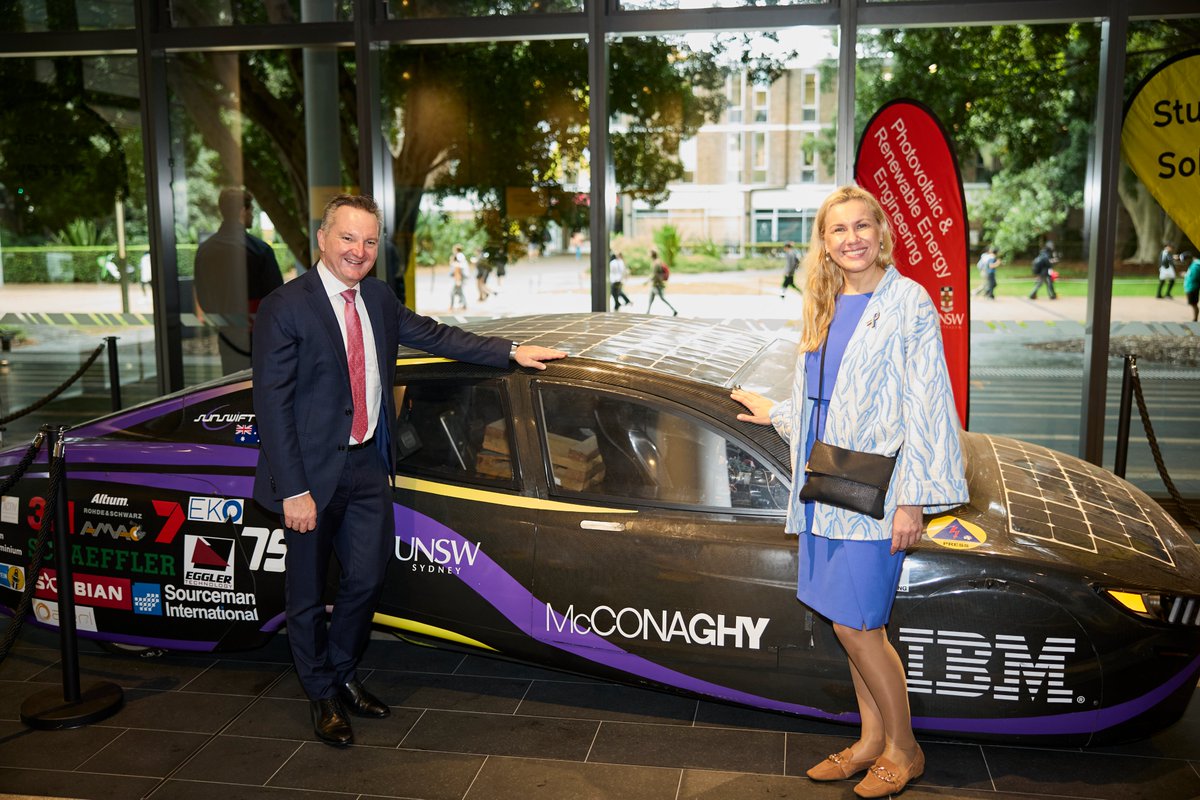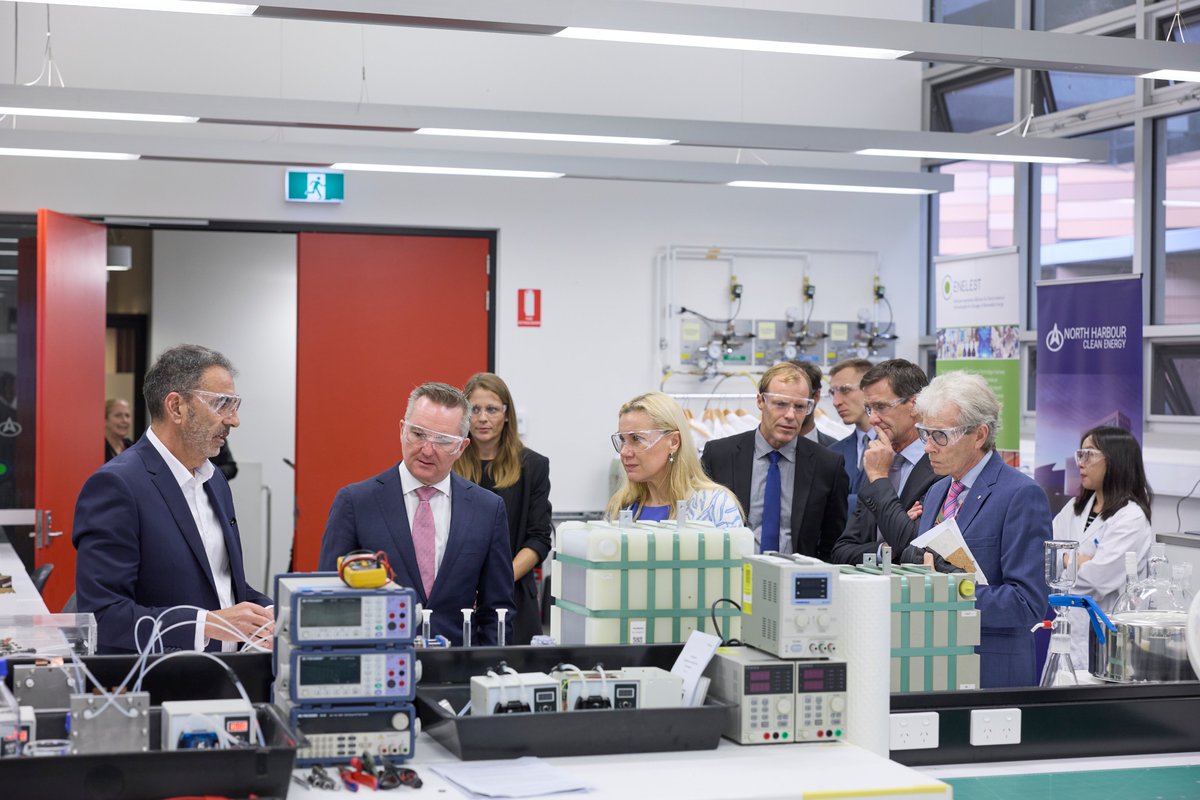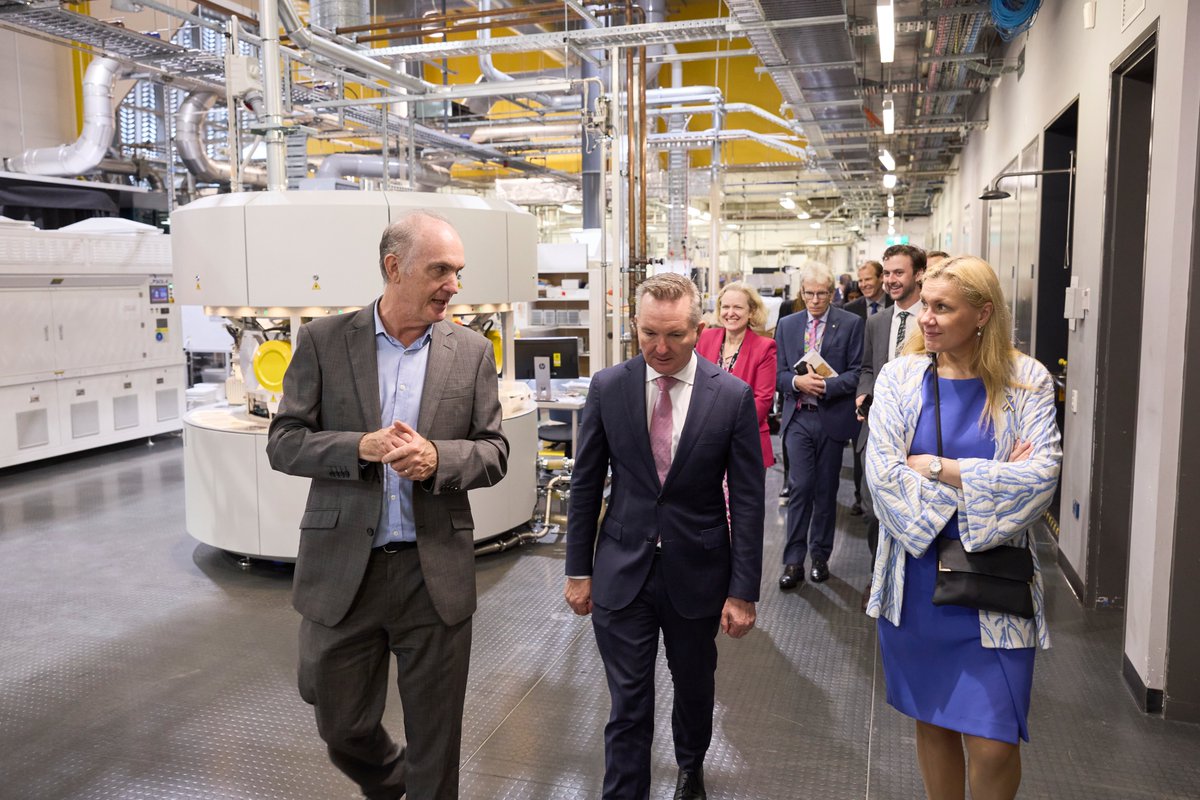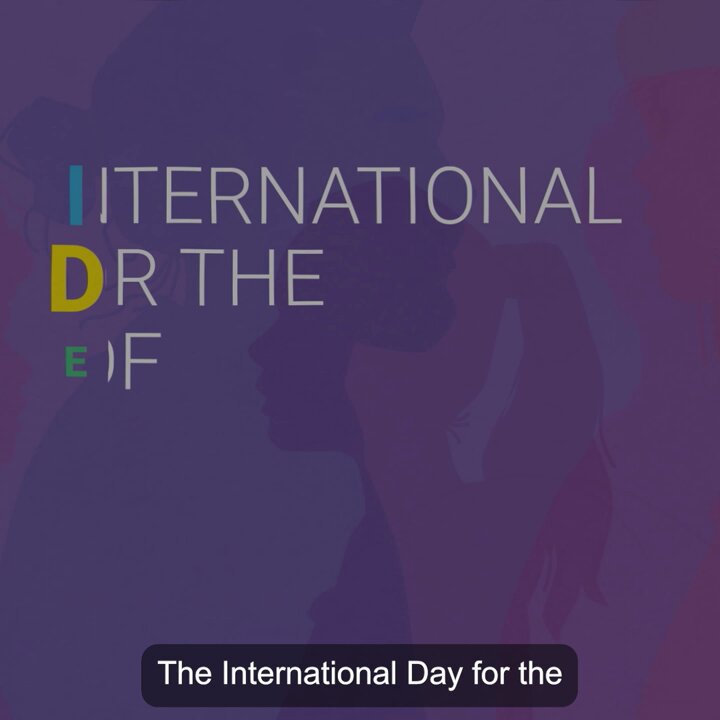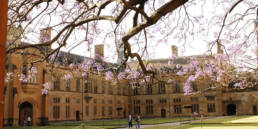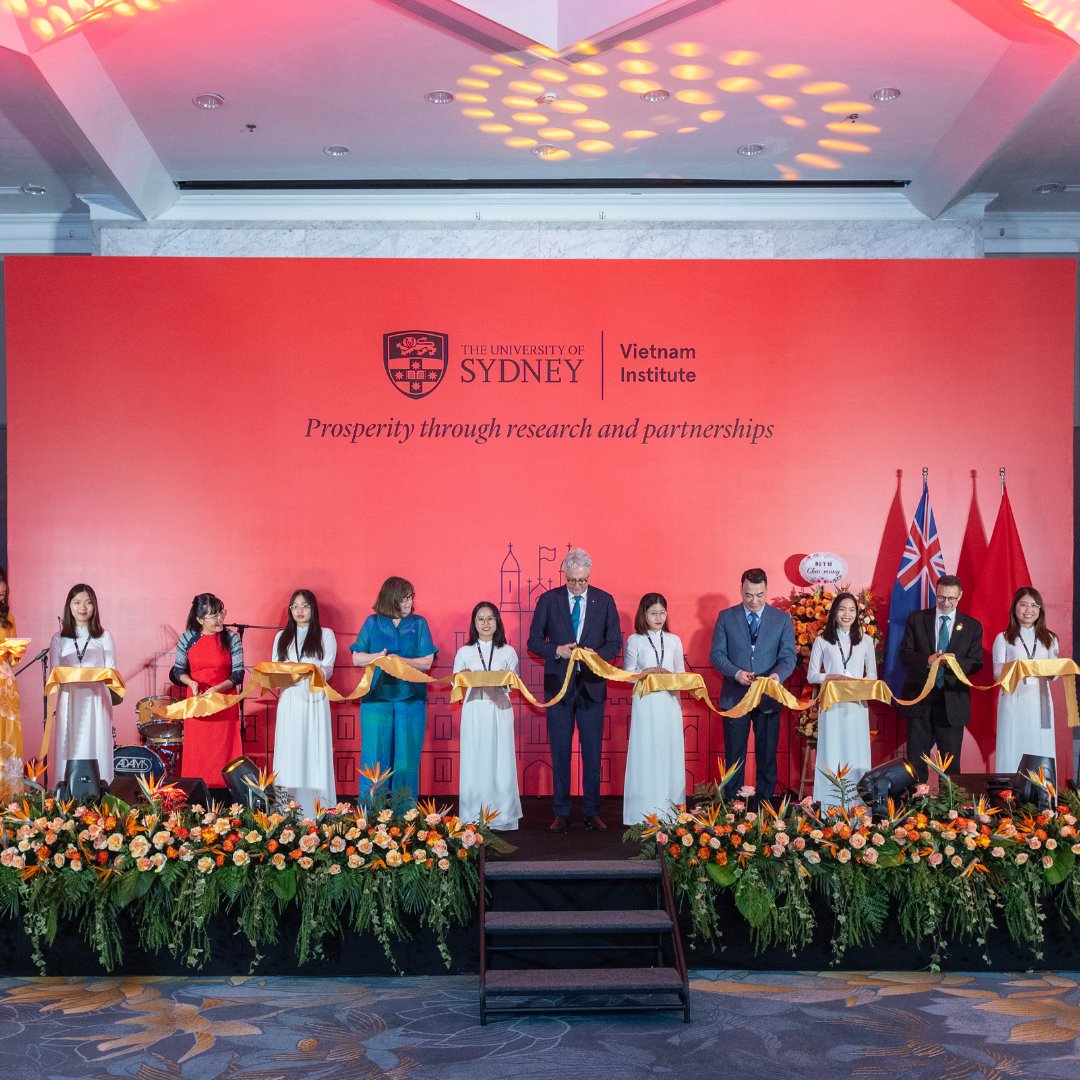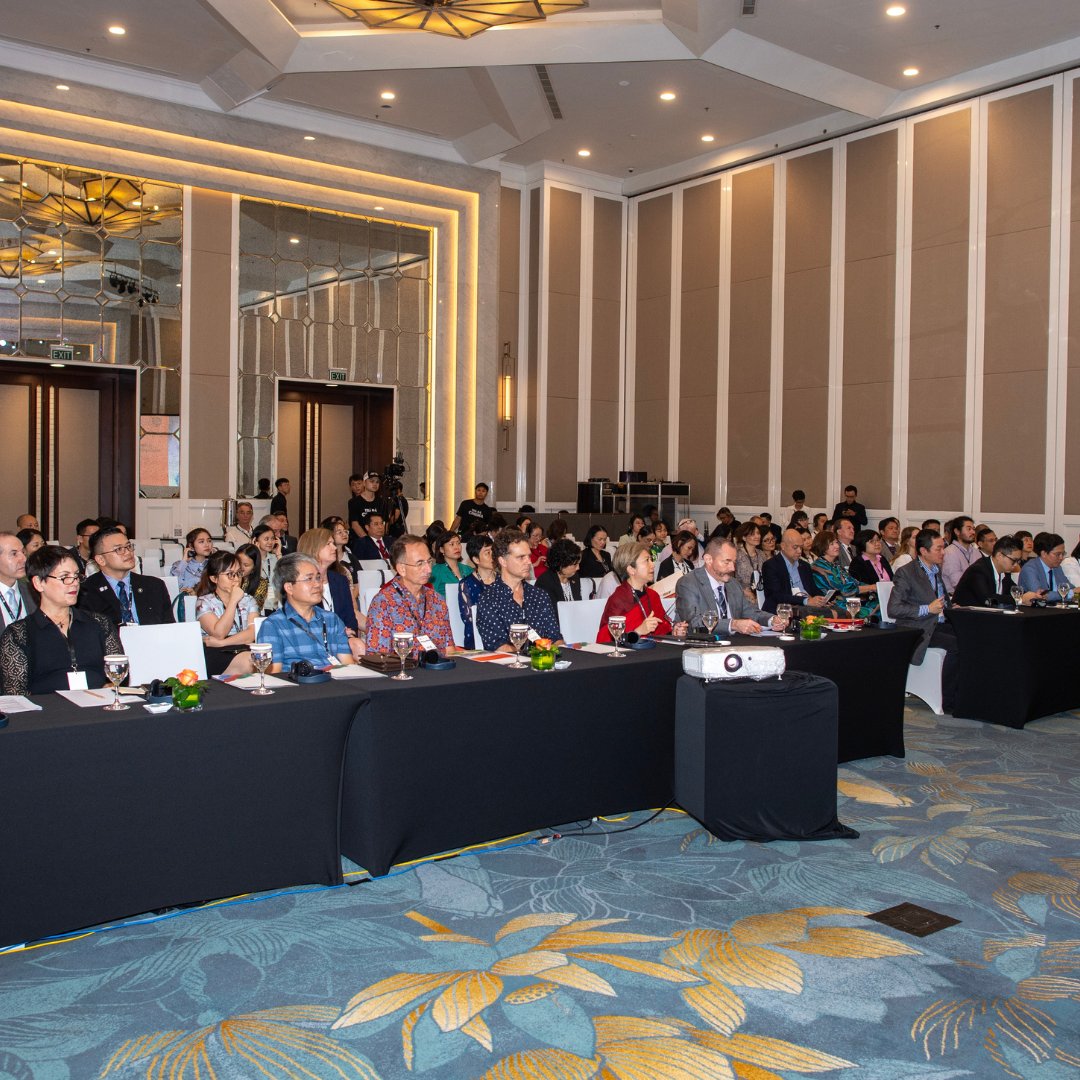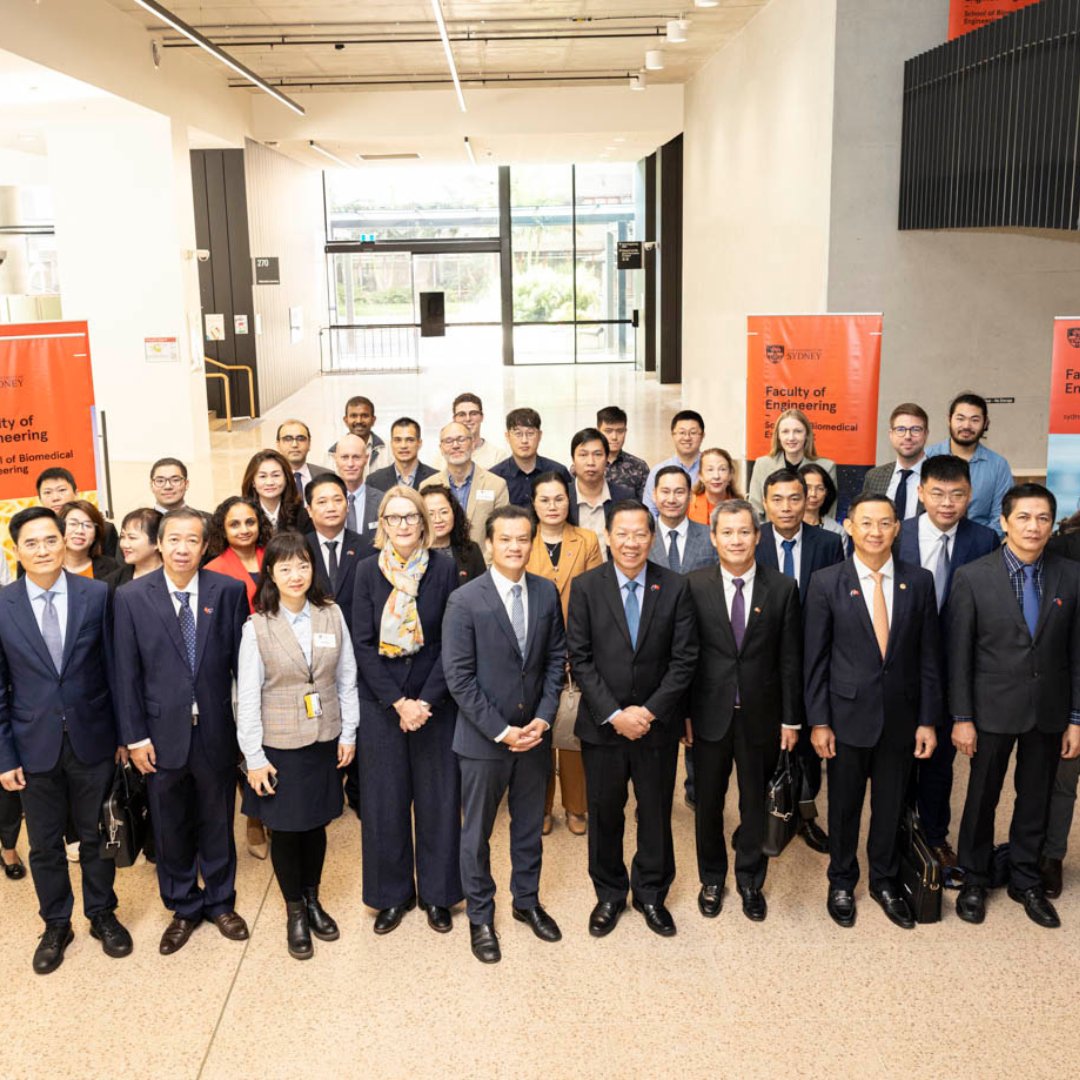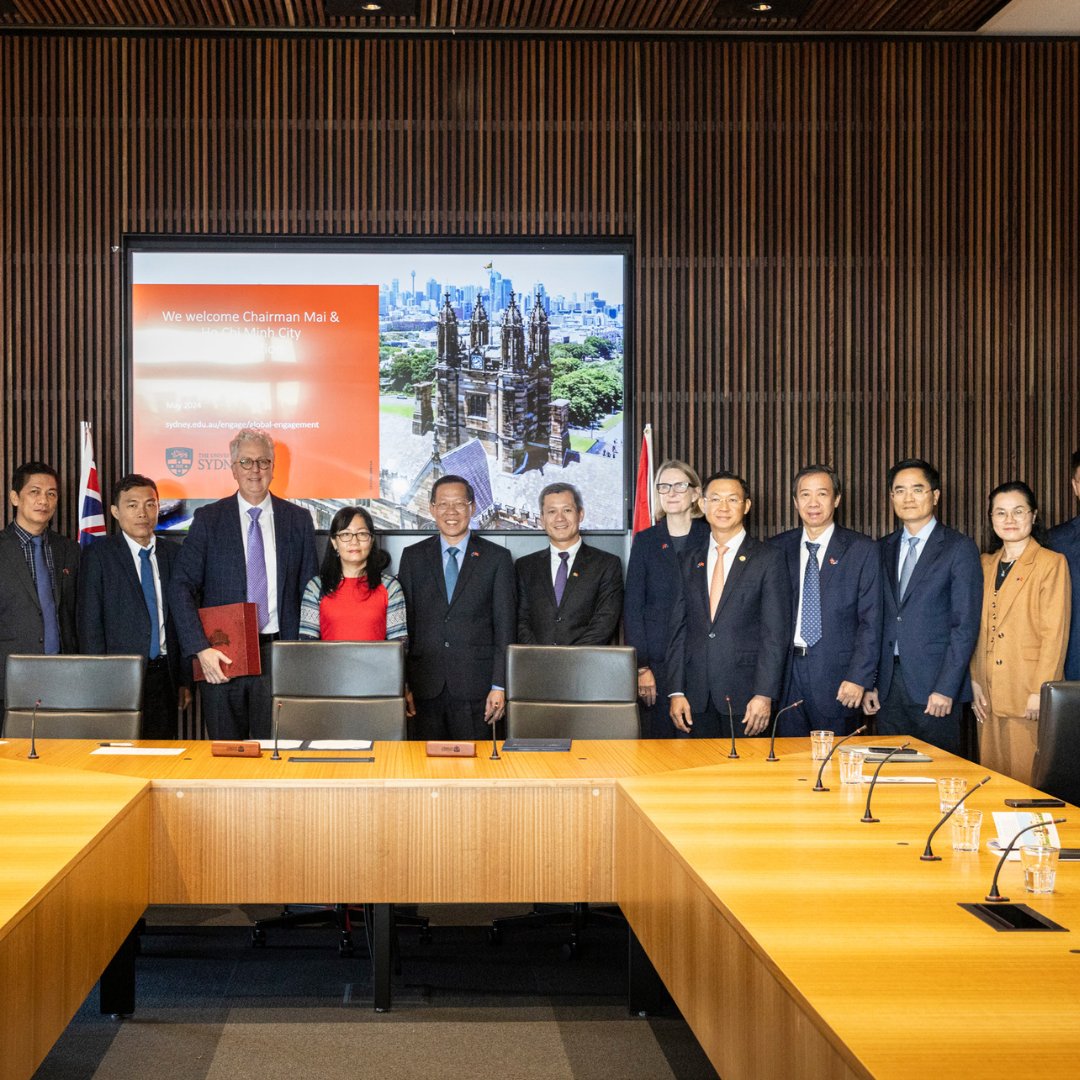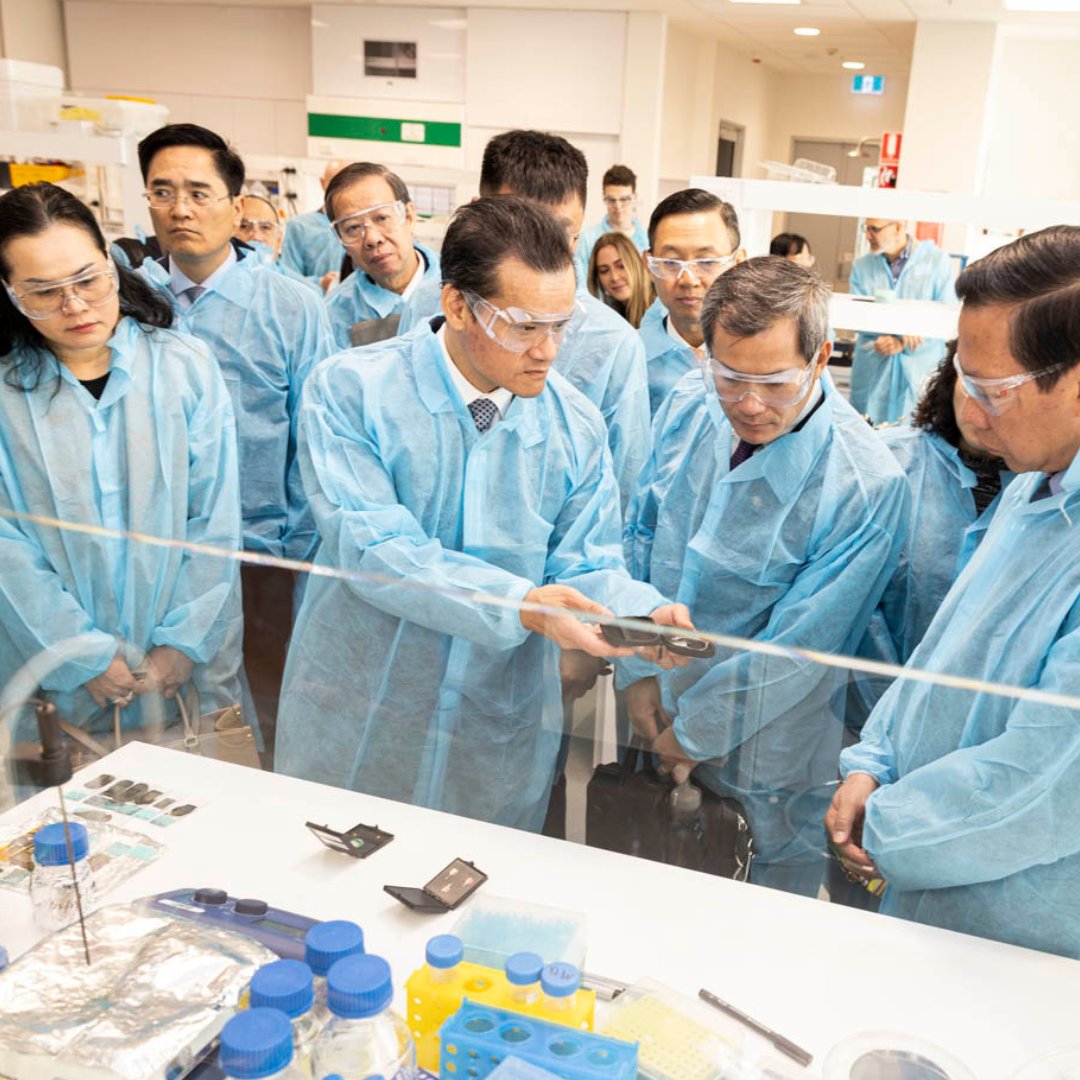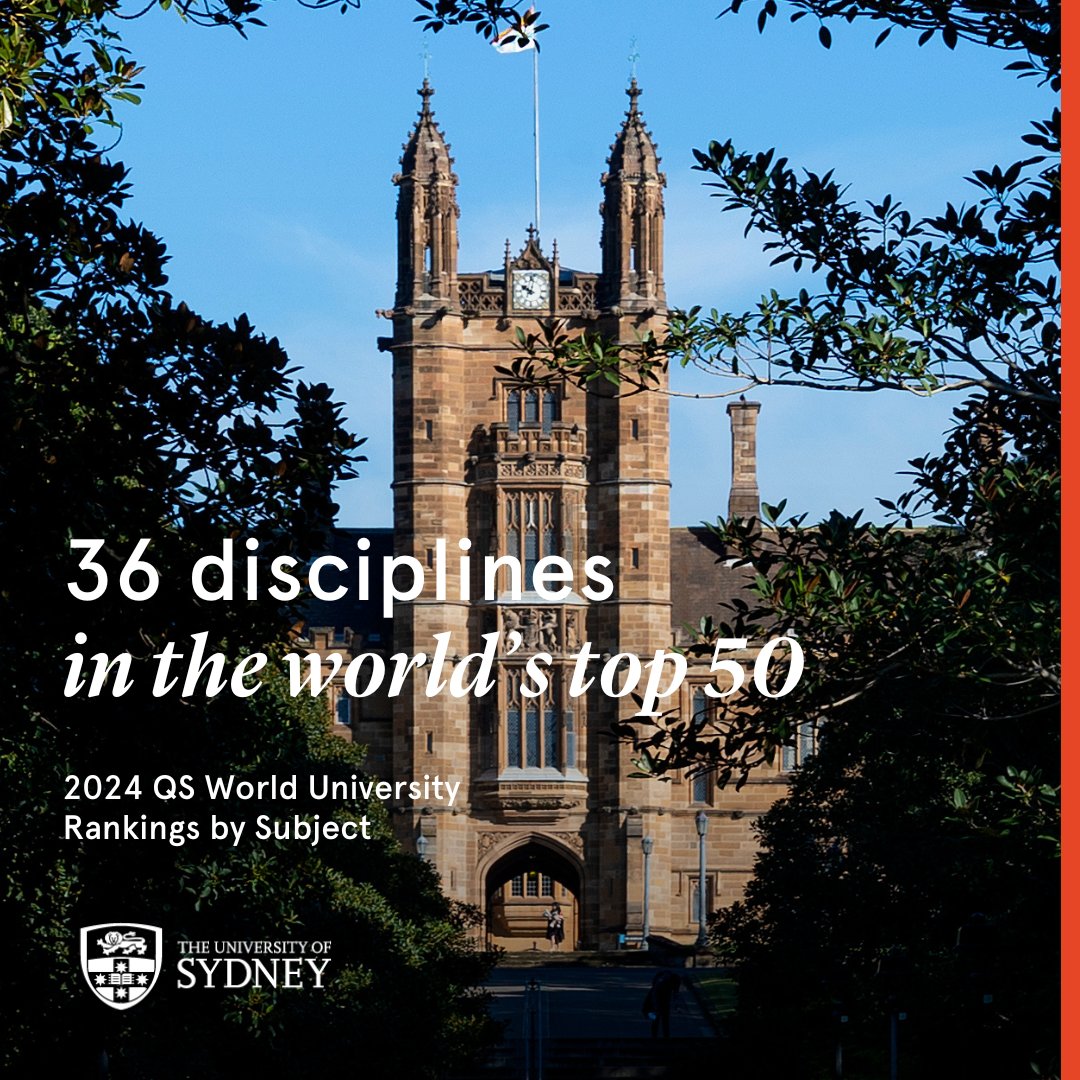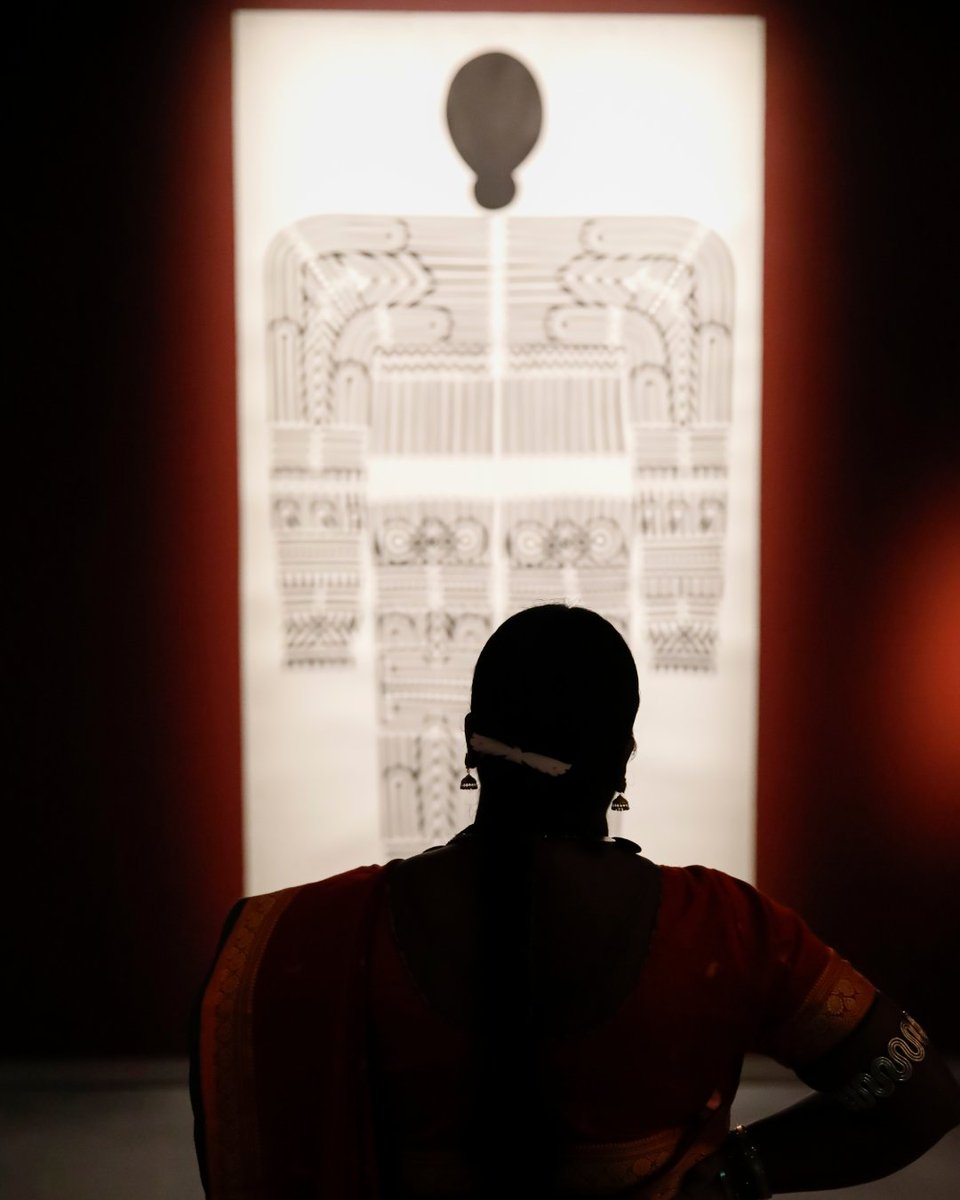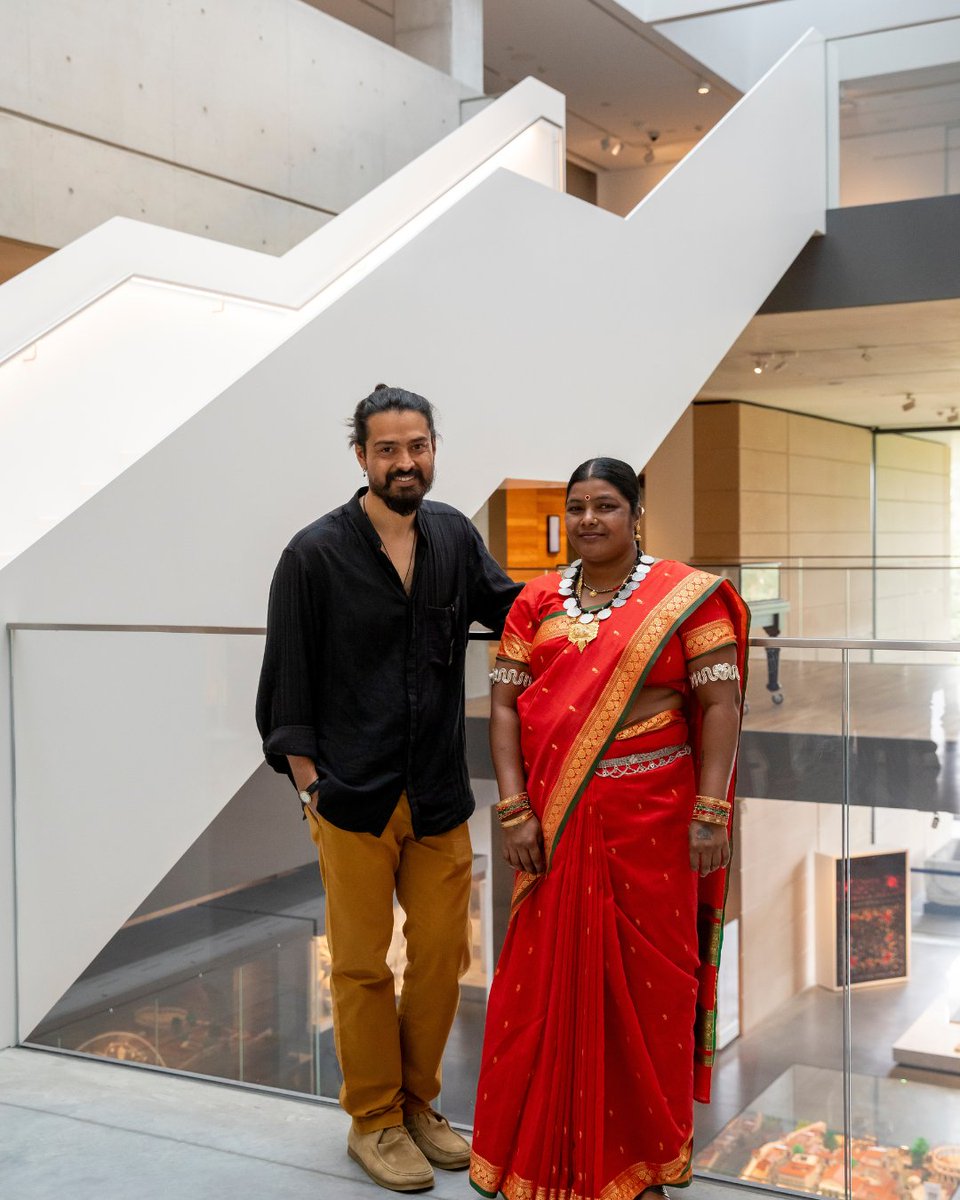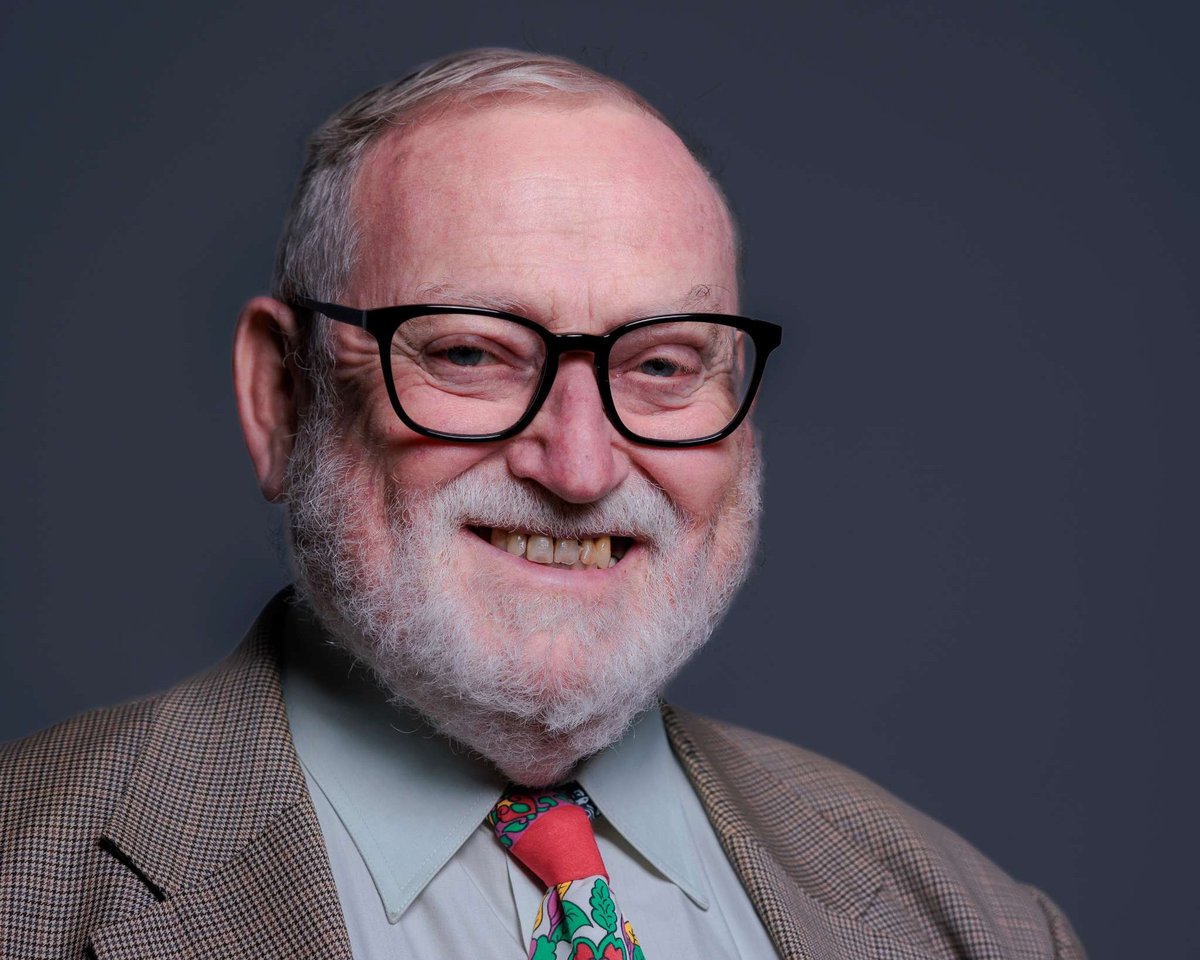Queensland University of Technology (QUT)

W100 Representative
Lara McKayVice-President, Engagement
With over 25 years experience in the public sector, Lara is a senior executive who has worked in portfolios as diverse as education, health, government, sport and major events. Lara is currently Vice President, Engagement and Chief Marketing Officer at QUT, one of Australia’s most dynamic universities which prides itself on its real world focus. Prior to joining QUT, Lara was the Master and CEO of Ormond College at the University of Melbourne, Australia’s largest residential college. Lara has previously held positions leading the marketing and communications functions at the 2018 Gold Coast Commonwealth Games and at the University of Melbourne where she led the development of the award winning ‘Collisions’ and ‘Made Possible by Melbourne’ campaigns which won numerous international awards for creativity and effectiveness and were widely recognised for breaking HE category conventions.
QUT is a major Australian university with a global reputation and a ‘real world’ focus. Their courses equip students and graduates with the skills they need for the world of today and tomorrow. They are an ambitious institution, with a rapidly growing research output focused on technology and innovation. The Times Higher Education 2020 ranked QUT in the top 180 universities in the world and the best young university in Australia.
The university’s strategic plan, Blueprint 6, establishes QUT as ‘the university for the real world’, and charts our provision of transformative education and research that is relevant to our communities.
With approximately 50,000 students, QUT places a premium on the national and international accreditation of our professional degrees. They are transforming the learning experience and embed work-integrated learning in courses and have a strong focus on developing entrepreneurial skills. They offer academic programs in fields spanning business, creative industries, education, engineering, health, law, science, and social justice across five faculties.
The Latest from Queensland University of Technology
QUT received citations as an Employer of Choice for Women each year from 2002-2013, and the Workplace Gender Equality Agency Employer of Choice citation each year from 2014-2018
The first female and first Australian principal investigator to lead any mission to Mars is Brisbane astrobiologist and QUT Outstanding Alumnus Award winner, Dr Abigail Allwood.
QUT became a smoke-free university as of 1 July 2016 & QUT has signed a contract that will see 50% of its energy being sourced from a new solar farm in Columboola until 2028
QUT has an international triple crown accredited business school
A real-world
university
The Brisbane campuses of QUT are situated on the land of the Turrbal and Yugara people. As thought leaders in the wider Australian community, QUT know it is beyond time to properly attend to the Indigenous context. Their ‘Blueprint’ has a strong focus on ensuring Aboriginal and Torres Strait Islander voices are heard, through increasing the Indigenous Australian staff and research focus and further developing Indigenous Australian researchers. It is also committed to increasing the indigenous student intake and providing dedicated support to Indigenous students.
As well as their indigenous commitment the university also offers a more global outlook. QUT partners with over 200 top universities in 43 countries around the world and is home to over 9,000 international students.
QUT Business School’s agreement with the MIT Sloan School of Management is a strategic collaboration that provides our students and staff with multiple advantages including academic exchange, an immersion program for MBA and EMBA students while access to MIT’s global entrepreneurial networks enhances our entrepreneurship program.
Purpose & Priorities
- Purpose: To provide transformative education and research relevant to our communities
- Priorities:
- Aspiration & Inclusion
- Creativity and Entrepreneurship
- Digital Transformation & Technology
- Health & Wellbeing
- Indigenous Australian Engagement, Success, and Empowerment
- Professional Engagement & Ethical Leadership
- Sustainability & The Environment
Ranked 1st in Australia for Media and Communications (QS)
$92M+
Total research income in 2019
2,954
Research outputs in 2019
QUT has been named one of the fastest rising universities in the world, and top in Australia, for scientific research in the 2019’s Nature Index of high-quality research outputs
QUT’s vision is to be the university for the real world and Blueprint 6 (their strategy for the future) outlines their ambitions to provide research relevant to their communities.
The university will:
- prioritise partnerships and the quality of their research outputs to enhance their reputation, relevance, and impact
- facilitate co-creation and co-authorship, and focus on the real-world difference their research can make
- ensure their research outputs remain trusted and respected by upholding the highest standards of ethics and integrity.
With the support of their executive leadership, the university is ensuring that women in science, technology, engineering, maths, and medicine (STEMM) receive every opportunity to succeed.
QUT are also dedicated to sponsoring increased Indigenous research participation among their research students and academics.
At the university’s Kelvin Grove campus, the Creative Industries Precinct provides outstanding studio spaces for the performance disciplines while the Education Precinct demonstrates QUT’s commitment to technology and the digital world.
Well known for their strong links to industry and government, the high impact of QUT’s research which involves multidisciplinary teams can be seen across areas as diverse as climate change mitigation, digital media, materials science, and biomedical innovation.
Become a Member
The World 100 Reputation Network is a group of the best universities in the world, delivering research that enhances reputation and offering leaders the chance to develop their own careers on a global stage. Members benefit from events and study tours, training, monthly media monitoring, and unique reputation research to provide institutional advantage.
University of Newcastle Australia

W100 Representative
Tina Imig,
Head of Brand and Strategic Projects
Tina Imig is Head of Brand and Strategic Projects at the University of Newcastle and is a brand strategist with more than 20 years building powerful brands. Tina has extensive experience in consumer insights research, brand strategy and reputation measurement. She leads the University’s ecosystem approach to building a genuine connection with our audiences and developing a deeper understanding of the positive impact we have in our communities. Prior to joining the university sector, Tina was a Vice-President and Strategist at Leo Burnett USA where she helped shape iconic brands such as Disney, Kellogg’s, McDonald’s and Procter & Gamble. In all her work, Tina is passionate about brand storytelling and engaging with audiences in authentic, distinctive and measurable ways. Tina holds a Masters in Marketing from Northwestern University (USA) and is currently pursuing a PhD in Management. Her PhD research is focused on brand authenticity in service brands.
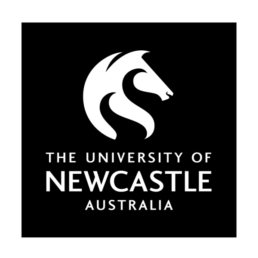
At the University of Newcastle Australia, our students and researchers are working to solve the world’s great challenges.
For over 50 years, we have made it our mission to deliver superior education to talented students from all walks of life. Our degrees are shaped around global learning, work placements and entrepreneurial approaches to develop the problem-solvers and innovators of the future.
With state-of-the-art facilities, we offer innovative and inspiring approaches to delivering education across all of our locations – Newcastle (Callaghan), Newcastle CBD, Central Coast, Sydney, Port Macquarie and Singapore. With over 37,000 students, the University’s learning community is vibrant and dynamic, providing students and researchers a world-class academic experience and a diverse professional, cultural and social learning environment.
The University of Newcastle is ranked 207 in the world by QS World University Rankings 2020. Seven of our subjects were ranked in the world’s top 150 by QS World University Rankings by Subject 2019.
The University of Newcastle’s world-leading research and innovation creates new thinking, new ideas and new breakthroughs, not just in Australia, but around the globe. We’re proud that our researchers are among the world’s best. The significance of our research is reflected in the Australian Government’s Excellence in Research Australia assessment, which awarded the University the highest possible ‘5’ rating across 22 research fields, placing us in the top eight Australian universities for research quality ‘well above world standard.’
At the University of Newcastle, we are committed to equity, excellence and social justice. We are recognised as the number 1 University in social equity in NSW by Good Universities Guide.
The Latest from University of Newcastle Australia
More than 3,700 graduates have crossed our stage since Thursday, making this our largest graduations ever! 🎓
These graduates will now join our network of over 185,000 alumni all around the world. 🌍
"Be curious, be optimistic, be generous" and "always look on the bright side of life".
This was the advice given to our College of Engineering, Science and Environment graduates last night by renowned science communicators @DoctorKarl and Mr Robyn Williams.
In recognition of…
It's the most wonderful time of the year - graduations 🎓
Congratulations to the newest members of our alumni community!
Newcastle’s largest reconciliation event is back on 25 January 2025! 🖤💛❤️
Bring your friends and a picnic blanket and join us at Ngarrama for reconciliation through truth-telling, performances, songs, and historical acceptance.
Get your free tickets 👉…
The #UoNInBotswana @Uni_Newcastle Global Experience kicked off last week with field training on riverbank and savanna plants and how to sample aquatic life. Thanks @UBBotswana !
Congratulations to the recipients of our ADVANCE Equity in Research Fellowships! 👏
Read about their incredible work 👉 https://bit.ly/4fYj38o
While we typically associate nutrients with food, research shows humans can also absorb some nutrients from the air. 🍎🥕🥦
Researcher @drflavs and colleagues, break down this idea and discuss the evidence surrounding it.👇

Air is an overlooked source of nutrients – evidence shows we can inhale some vitamins
A careful look at the scientific literature shows humans can absorb some nutrients from the air. Could we use this to our advantage?
bit.ly
The practice of 'grounding' or 'earthing', involving putting your bare feet on the earth, has grown in popularity.
But, is there any science behind it?
Associate Professor @KarenLLivesey weighs in for @abcnews 👇

Does putting your feet on bare earth balance out your electrical charge? We fact check grounding
Does disconnection with the ground cause us to become sicker? That's the idea behind the practice of "grounding" o...
www.abc.net.au
It's been a weekend of celebration for our Singapore graduates! 🎓
Congratulations to all our newest alumni who crossed the stage on Friday, including our first cohort of the Master of Inclusive and Special Education.
📸 Master of Inclusive and Special Education alumni, Norman…
37,677 students from 114 nations educated and supported by 2,680 full-time equivalent staff
143,000+ in our global alumni community-based in 134 countries around the world
180 Partnerships in 32 countries - student exchange and study abroad programs
Making an impact within its own region,
throughout Australia and across the globe
The University of Newcastle works with many international partners to drive our research success and advance our global reputation.
We participate in Fulbright Programs and International Research Visiting Fellowships and are members of the University Industry Innovation Network, the Australia-Germany Joint Research Cooperation Scheme, the Australia Africa University Network and in the Leadership Circle of the Global Consortium of Entrepreneurship Centres (GCEC).
We have over 180 Partnerships in 32 countries for student exchange and study abroad programs.
Strategy and Values
- To be a world-leading university for our regions
- To deliver an exceptional student experience, preparing graduates for life in an increasingly interconnected society
- To serve our regions by taking research that matters to the world and bringing our global expertise home
- Values
- Excellence
- Equity
- Engagement
- Sustainability
A passion for excellence and discovery
95%
Of research is at or above 'world standard'
$100.8m
Annual research income
Our flagship research institutes not only support cross-disciplinary research – they also help ensure our discoveries are translated to create real-world impact.
The Hunter Medical Research Institute (HMRI) is a multidisciplinary partnership between the University of Newcastle, Hunter New England Local Health District and the community. It provides a unique environment for researchers and clinicians to work together to develop innovative solutions to community health needs. From neuroscience and mental health, through to cancer, reproductive health, respiratory disease, and more, the research carried out at HMRI leads to better clinical care, more competitive commercial products, and improved healthcare guidelines.
The Newcastle Institute for Energy and Resources (NIER) leads the way in research that improves energy production, storage, and distribution. The $30 million research facility is on a scale unmatched by any other university in Australia and brings together over 300 university researchers to work with community and industry partners in the areas of sustainable energy production and use.
The University recognises its strongest research groups by designating them as a Priority Research Centre (PRC). Achieving PRC status is a highly competitive process. Today, we have PRCs in areas ranging from stroke and brain injury to geotechnical science and engineering, chemical biology, healthy lungs, teaching and more.
Become a Member
The World 100 Reputation Network is a group of the best universities in the world, delivering research that enhances reputation and offering leaders the chance to develop their own careers on a global stage. Members benefit from events and study tours, training, monthly media monitoring, and unique reputation research to provide institutional advantage.
University of New South Wales (UNSW)
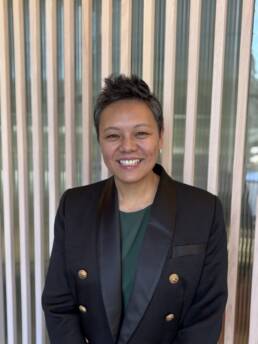
W100 Representative
Larissa BaiocchiHead of Communications
Larissa Baiocchi is a senior communications leader with over 15 years of experience across journalism, higher education, and public affairs. Currently serving as Head of Communications at UNSW Sydney, she leads a team responsible for shaping the university’s public narrative, managing reputation, and driving strategic engagement with media, stakeholders, and the broader community.
Larissa began her career in the United States as a newspaper journalist, where she spent nearly a decade reporting on public interest stories and developing a sharp editorial instinct. This foundation in journalism informs her approach to storytelling—grounded in clarity, authenticity, and impact. Her transition into institutional communications has seen her lead high-profile campaigns, navigate complex reputational challenges, and build trusted relationships across sectors.
At UNSW, Larissa plays a key role in aligning communications with the university’s strategic priorities, amplifying research impact, and fostering meaningful public dialogue. Her leadership style is collaborative and values-led, empowering teams to deliver creative, responsive, and high-quality communications in a fast-changing media landscape.
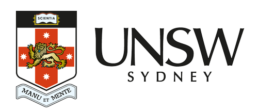
Established in 1949 with a unique focus on the scientific, technological and professional disciplines, University of New South Wales (UNSW) is a leading Australian university committed to making a difference through pioneering research and preparing the next generation of talented global citizens for career success.
University of New South Wales (UNSW) has a proud tradition of sustained innovation, focusing on areas critical to our future – from climate change and renewable energies to lifesaving medical treatments and breakthrough technologies. In the social sciences, UNSW research informs policy and expert commentary in key issues facing society ranging from human rights and constitutional recognition of Indigenous Australians to public health and population ageing.
UNSW offers an extensive range of undergraduate, postgraduate and research programs. We attract talented students from across Australia and around the world. Our 50,000-plus students come from 128 countries, making us one of Australia’s most cosmopolitan universities. Our emphasis on quality continues to push up entry standards with record demand from the State’s top school leavers.
The main UNSW campus is located on a 38 hectare site at Kensington, seven kilometres from the centre of Sydney. Other major campuses are Art & Design in Paddington and UNSW Canberra at the Australian Defence Force Academy.
The Latest from University of New South Wales
Yesterday, EU Energy Commissioner @KadriSimson and the Hon @BowenChris MP toured UNSW, including a visit to key energy R&D facilities in solar photovoltaics, green hydrogen and more.
We wrapped up the tour with a visit to the record-holding Sunswift Racing car! ☀️⚡️
Today is the International Day for the Elimination of Racial Discrimination (IDERD), sometimes known as ‘Harmony Day’ in Australia.
So why are they both on the same day? Here’s a 2 min history lesson. 👇
Find out more about inclusion and diversity at UNSW.
Cultural inclusion | Equity, Diversity & Inclusion - UNSW Sydney
UNSW Sydney boasts a multicultural campus environment with over 120 nationalities represented. We value this diversity ...
www.edi.unsw.edu.au
Australia is on the cusp of a brilliant future – but we need your help…!
UNSW, @Sydney_Uni and @ethics_centre have partnered up to propose a new, national Institute for Applied Ethics that will provide independent, expert advice on the profound ethical issues facing our nation.
We’re calling upon the Australian Government for a one-off $33.3 million investment in Australia’s future by supporting the proposed Australian Institute of Applied Ethics.
🔗 Pledge your support:

Homepage - The Ethics Institute
Australia's ethical infrastructure has been neglected. Support a national institute that will ensure better decision-making for the benefit of all.
ethicsinstitute.au
How researchers are helping to restore the waters of Sydney Harbour 🐟
💬 “It takes a certain amount of self-confidence to think, ‘Yeah, I might be wrong’ and ‘Why do I think that?’…”
UNSW A/Prof Michaelis Michael explains the markers of a bad faith argument – and how learning to argue better can make us better people.

How to have better arguments
A UNSW Sydney philosopher explains the markers of a bad faith argument and how learning to argue better can make us better people.
www.unsw.edu.au
If not friend, why friend shaped? 🤔
This juvenile platypus was rescued after noticing strange behaviour and an inability to dive.
After making sure he had no injuries and could display foraging behaviours, UNSW researchers from the @Platypus_CI released him back to the river.
The platy was able to enjoy some belly rubs, being too young to have venom in his spurs (and remember, this is an expert researcher - don't attempt to provide belly rubs to platys yourself).
📸: Dr Tahneal Hawke (@tahneal_hawke), Platypus Conservation Initiative, UNSW
Spot the difference 🔍
📸 UNSW Archives
When endangered species are seen struggling to survive it’s easy to assume they can be saved by giving them more of what they have now – but what if they could flourish with very different environments, foods and climates?

How palaeoconservation can rescue animals at the edge of existence
The distant past could provide clues to a species' immediate future.
www.unsw.edu.au
A fresh coat of rainbow must mean it’s @sydneymardigras season 🌈
Check out everything happening at UNSW throughout the festival 🔗 https://www.edi.unsw.edu.au/get-involved/mardi-gras
UNSW have more top ratings in broad fields of research (Excellence in Research for Australia 2018) and more impact cases rated high (2018 EI Assessment) than any other Australian university
UNSW has 19,095 online course enrolments
In 1958, the University name was changed from The New South Wales University of Technology to the University of New South Wales, and in 1960 it broadened its scholarly, student base and character with the establishment of a Faculty of Arts, soon to be followed, in 1960, by Medicine then in 1971 by Law
We are a powerhouse of cutting-edge
research, teaching and innovation
UNSW Australia is a founding member of the Group of Eight – a coalition of Australia’s leading research-intensive universities – and the prestigious Universitas 21 international network. We are the only Australian member of the Global Alliance of Technological Universities; a member of the Association of Pacific Rim Universities (APRU); and a partner of Coursera, the largest provider of MOOCs in the world. With internationally recognised and award-winning academic staff, we have an impressive standing in global league tables, achieving our highest ratings for research, innovation and facilities.
Mission and vision
- To be a world-class, world-changing university.
- To bring inspiring people together and create a world-class environment for learning and research, empowering staff and students alike to discover and share knowledge that can change the world.
Ranked in the top 1% of world universities
4,485
Higher degree research students
$550m
Annual research income
University of New South Wales (UNSW) has a strong reputation for research excellence. Through this excellence, the focus is on continuing to increase UNSW’s research contribution both regionally and globally.
At UNSW Sydney we are passionate about research, changing lives and achieving global impacts.
We strive to meet tomorrow’s challenges and are an acknowledged world leader in photovoltaics, HIV/AIDS research and quantum computing.
Our strengths:
- Biomedical sciences
- Water, climate, environment and sustainability
- Next generation materials and technologies
- Social policy, government and health policy
- ICT, robotics and devices
- Law, business and economics
- Fundamental and enabling sciences
- Contemporary humanities and creative arts
- Defence and security
Become a Member
The World 100 Reputation Network is a group of the best universities in the world, delivering research that enhances reputation and offering leaders the chance to develop their own careers on a global stage. Members benefit from events and study tours, training, monthly media monitoring, and unique reputation research to provide institutional advantage.
The University of Sydney

W100 Representative
Kirsten Andrews
Vice Principal, External Relations
Kirsten Andrews has worked at The University of Sydney since 2013, gaining the role of Vice Principal, External Relations in 2022. Prior to the role of Vice-Principal, Kirsten worked as Vice-Chancellor’s Chief of Staff and Director of Media and Government Relations at the university.
Among her many achievements, she is responsible for transforming the University’s media engagement approach and has been instrumental in ensuring a smooth leadership transition during a time of great complexity for the institution.
Prior to joining the University, she held senior positions in government and the not-for-profit sector, including at the National Heart Foundation, as Chief of Staff to a federal minister, and Deputy Director of Communications to the Premier of New South Wales.

The University of Sydney is one of the world’s leading, comprehensive research and teaching universities – consistently ranked in the top 1% of universities in the world. It is ranked in the top 50 engineering and technology universities in the world and consistently ranked in the world’s top 25 universities for humanities and social sciences by the Times Higher Education. Sydney Medical School is one of the highest-ranked medical schools in the Asia-Pacific region and our Business School’s Master of Management program is ranked number one in Australia by the Financial Times.
The University of Sydney is committed to the transformative power of education and to fostering greater knowledge and understanding of the world. Our aim is to make lives better not just by producing leaders of society, but by equipping our people with leadership qualities so they can serve all of our communities at every level.
As a leader in tertiary education, we have been challenging traditions for more than 160 years. We were one of the first universities in the world to admit students solely on academic merit and to open our doors to women on the same basis as men. In creating the first university in Australia in 1850, our founders recognized the power of education to change society. We hold that belief just as strongly today.
The Latest from The University of Sydney
We are proud to announce the launch of the @SydVietInst; a multidisciplinary research and engagement hub which marks the next chapter in the University’s research in the region.
“As our flagship research initiative in Vietnam, it will support current and future leaders, and be a…
With attendance from the recently launched NetZero Institute and the University of Sydney Vietnam Institute, the signings followed a delegation from Ho Chi Minh City People’s Committee, led by Chairman Mr Phan Van Mai and including Vietnamese Government officials.
“We are delighted to further our commitment to advancing medical research in Vietnam and explore opportunities to collaborate on net zero solutions.” Vice-Chancellor and President, Professor @mscott AO
@Sydney_Uni has signed two Memorandums of Understanding with the Ho Chi Minh…
With attendance from the recently launched NetZero Institute and the University of Sydney Vietnam Institute, the signings followed a delegation from Ho Chi Minh City People’s Committee, led by Chairman Mr Phan Van Mai and including Vietnamese Government officials.
We’re thrilled to share @Sydney_uni has performed strongly in the 2024 QS @worlduniranking by Subject, with 36 disciplines in the top 50 globally! #QSWUR Read more: https://sydneyuni.co/3TRkKLu
Holi, also known as the festival of colours, is a celebration that honours the triumph of good over evil.
People celebrate the festival with friends and family eating sweets, playing with colourful powder called gulal, and dancing to traditional music.
Wishing all our staff,…
We’re looking for 150+ of the world’s best educators to transform the experience of our students and advance teaching practice.
"A world-class education sets our students up for the future so the importance of a great teacher can’t be overstated. These specialist educators will…
Have you been to the @biennalesydney, Ten Thousand Suns exhibition at Chau Chak Wing Museum yet?
As part of her residency at @Sydney_Uni Mangala Bai Maravi’s works are being presented at the Biennale of Sydney. The series titled, Baiga Godna Indian Tribe, 2024 includes two…
Renowned leader @davidthodey has been elected as Chancellor of @sydney_uni as Belinda Hutchinson AC is stepping down after nearly 12 years of service.
Delighted that David Thodey has been elected Chancellor of @Sydney_Uni succeeding Belinda Hutchinson, who has led the University Senate for more than a decade, with great distinction.
https://www.sydney.edu.au/news-opinion/news/2024/03/11/university-of-sydney-senate-elects-new-chancellor.html
Excited to host the commemoration of Economics Journalist @1RossGittins 50th anniversary at @Sydney_Uni in partnership with @smh. Let's celebrate his remarkable achievements and lasting impact, including his Hon Doc of Science in Economics. #RossGittinsUSYD
The University of Sydney has 73,000 students (based on student enrolments as at August 2019)
The university has 380,000 alumni in more than 170 countries
At the London 2012 games our students and alumni brought home one gold, three silver and four bronze medals.
Challenging traditions for
more than 160 years
We work in collaboration with Australian and international partners to find solutions to some of the world’s most complex problems.
As a central part of its international strategy, the University is committed to fostering partnerships with other leading institutions and promoting mobility of students and staff. Our partners include some of the world’s leading universities, and with them, we take part in research collaborations and academic exchanges. These include more than 60 research collaborations and networks with partners in Asia and India.
We also have more than 280 student exchange partners in Asia, Canada, Israel, Scandinavia, the United Kingdom, the United States, and Western Europe. In 2014, we signed a new partnership agreement with one of Europe’s leading humanities institutions, Sciences Po, which allows students to split four years of study between one of three Sciences Po campuses and Sydney.
Key values:
- Courage and creativity
- Respect and integrity
- Diversity and inclusion
- Openness and engagement
Regularly ranked in the world’s top 50 universities
90+
Research Centres
500+
Research partners
Our research strategy is to nurture disciplinary excellence while enabling delivery of solutions to real‑world 21st-century problems. Our research community includes more than 1300 research staff and almost 5000 research students. We are home to 75 research centres and three National Health and Medical Research Council Centres of Excellence, and a member of 10 Cooperative Research Centres.
In the Australian Government’s Excellence in Research for Australia benchmarking exercise, more than 75% of academic fields of research at the University performed above or well above world standard.
Our research is driven by the big picture. We take a problem and look at it from all angles by bringing together the world’s most talented researchers in multidisciplinary teams. We have committed substantial support and large‑scale investment to help them explore new frontiers of knowledge in areas of national and global importance. The work undertaken by a few of our multidisciplinary centres illustrates the potential of this approach.
The Charles Perkins Centre is tackling some of the greatest health challenges humanity has ever faced: obesity, diabetes, cardiovascular disease and related conditions. The centre brings together outstanding minds to improve our understanding of the impact of diverse factors on these conditions, including psychological makeup, education, cultural norms, economic pressures, the built environment, and the agricultural and food industries.
The Brain and Mind Research Institute brings together patients, support groups and frontline carers with scientists and clinicians. The institute’s diverse research programs include healthy brain ageing, youth mental health and molecular neuroscience.
Become a Member
The World 100 Reputation Network is a group of the best universities in the world, delivering research that enhances reputation and offering leaders the chance to develop their own careers on a global stage. Members benefit from events and study tours, training, monthly media monitoring, and unique reputation research to provide institutional advantage.




